Somalia has become an enigmatic model for post-colonial state-building in Africa. The ethnically and religiously unified Somali people have failed to build an effective state from 1960 to the present day, which is a period of 63 years. Somalia is still politically divided, its people live in poverty, and its land suffers from droughts. The Somali society is plagued by extremism in the name of Islam and polarization in the name of the clan. Past attempts at sustainable solutions have failed. So, East Africa Association for Research and Development (DAD) in collaboration with three universities in Somalia (Mogadishu University, Benadir University and Hormuud University) has organized a conference inviting scholars and experts to revisit Somalia’s past and present to propose new approaches to addressing the state-building in Somalia.
The papers that have been submitted by the participants focus on subjects under the following themes:
- The repercussions of the colonial legacy and the Cold War on the predicament of Somalia and its impact on the creation of the devious elite political culture.
- Studying post-colonial Somali state, its economic policies, democracy, foreign relations, and the state’s relationship with its society.
- The impact of the civil war, building state institutions, and approaches to reconciliation.
- The constitutional stalemate and its impact on institution-building, security, and developmental programs.
- The role of Islam and women in building the Somali state and how to establish a reconciled state and society that lives in peace with itself and with the world.
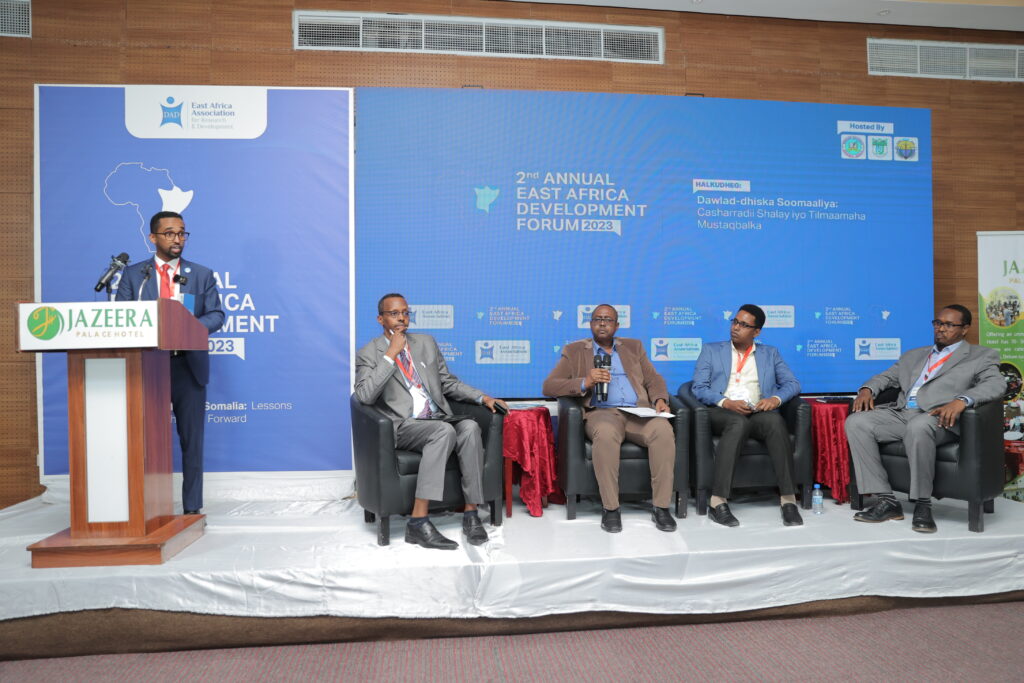
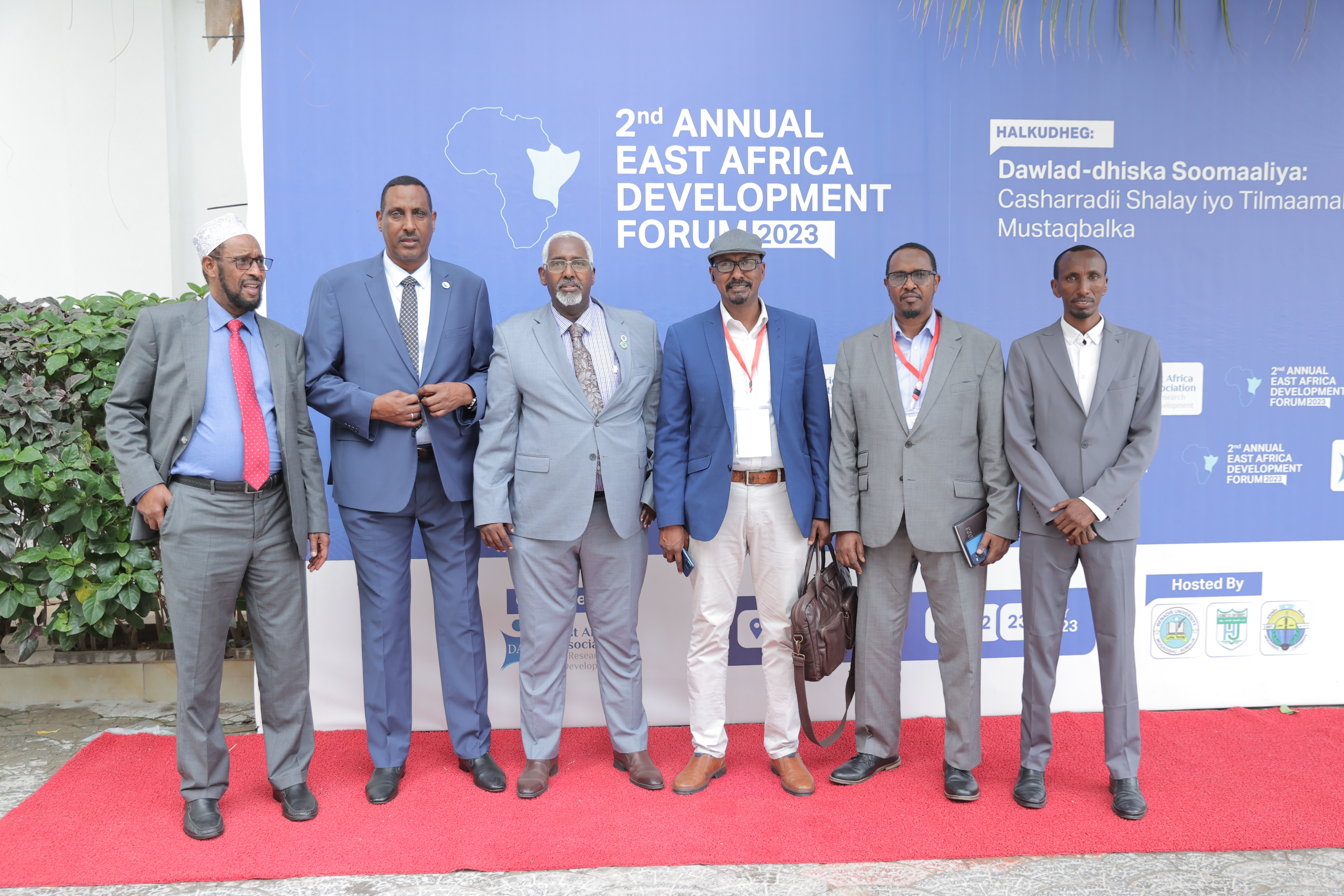
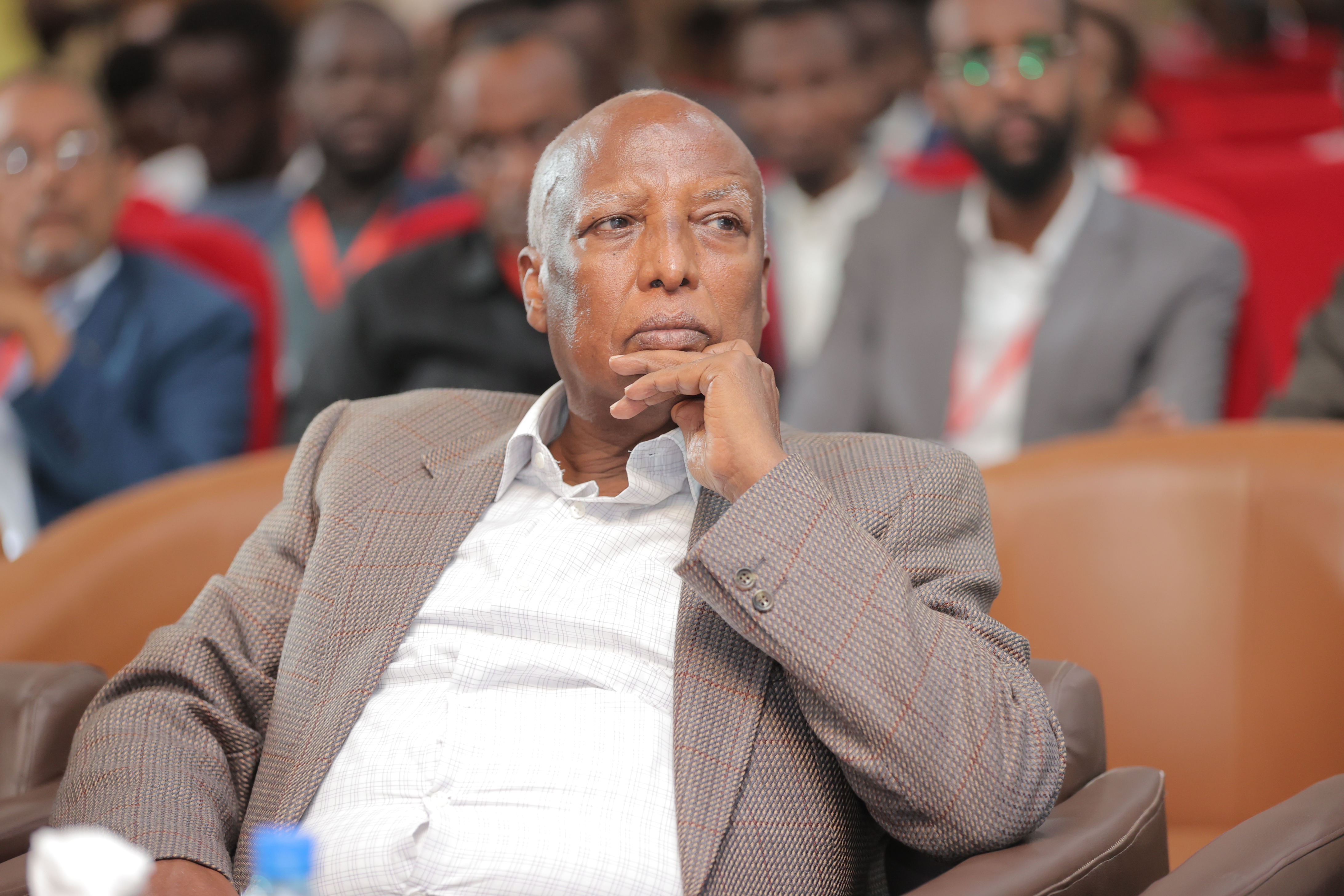
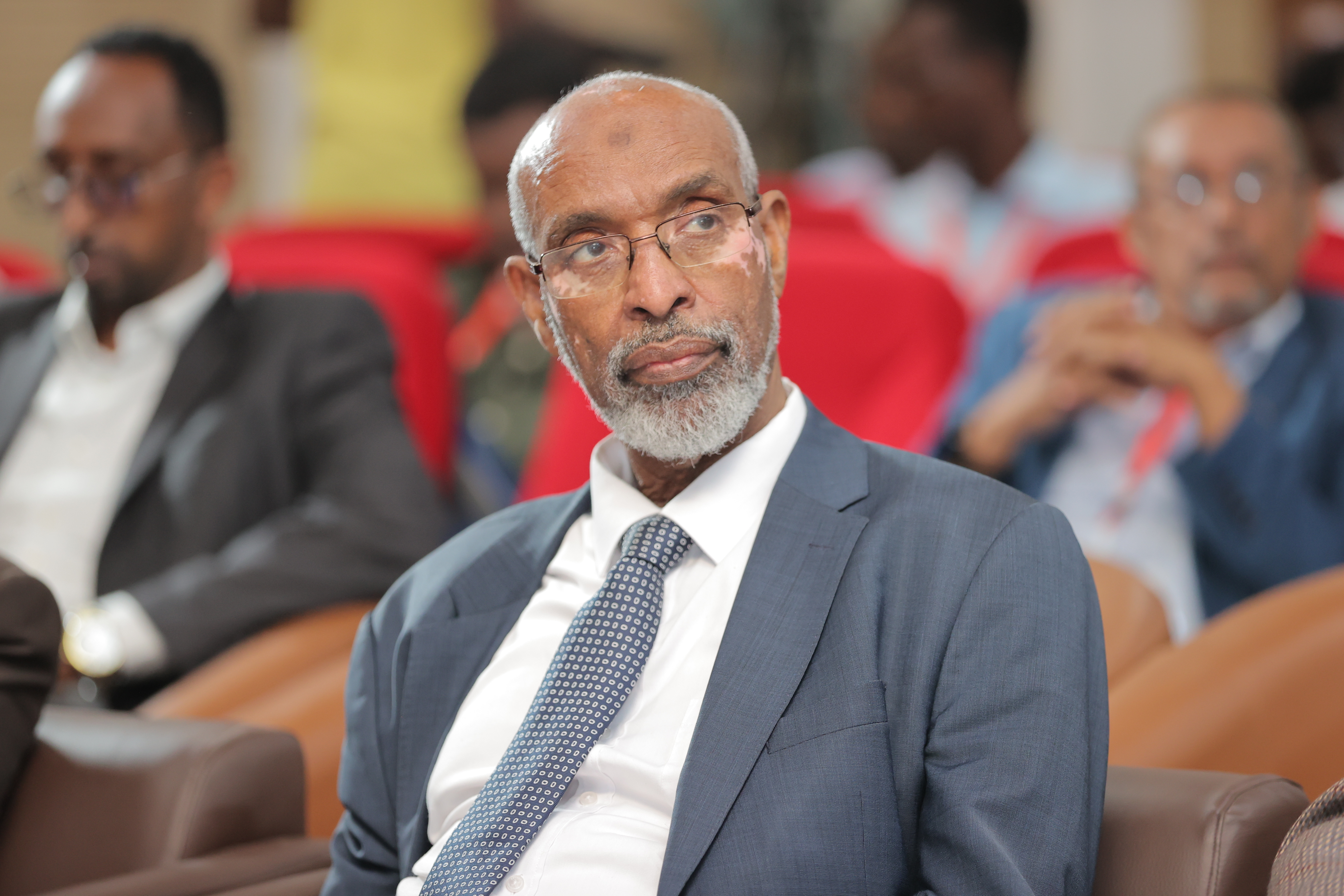
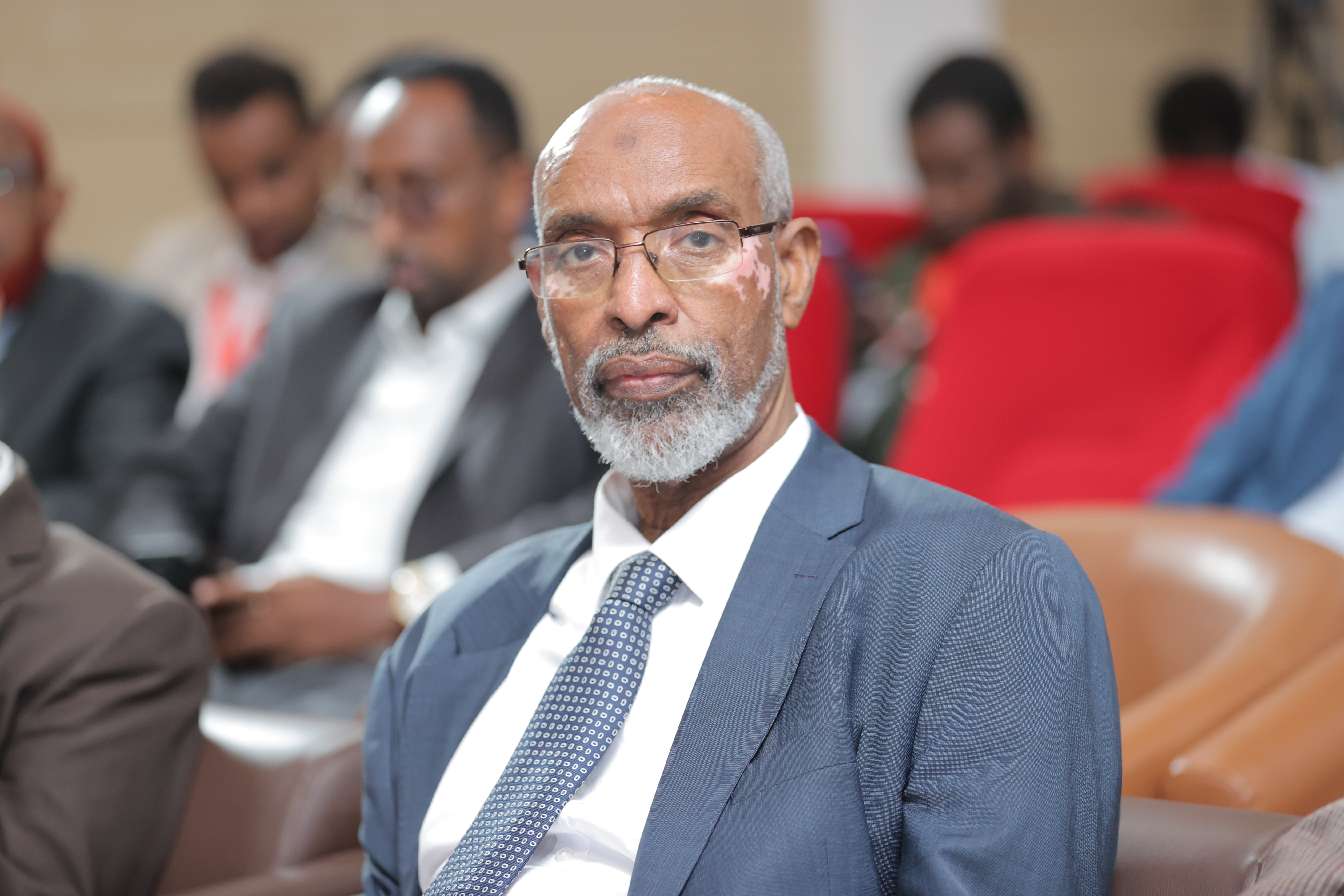
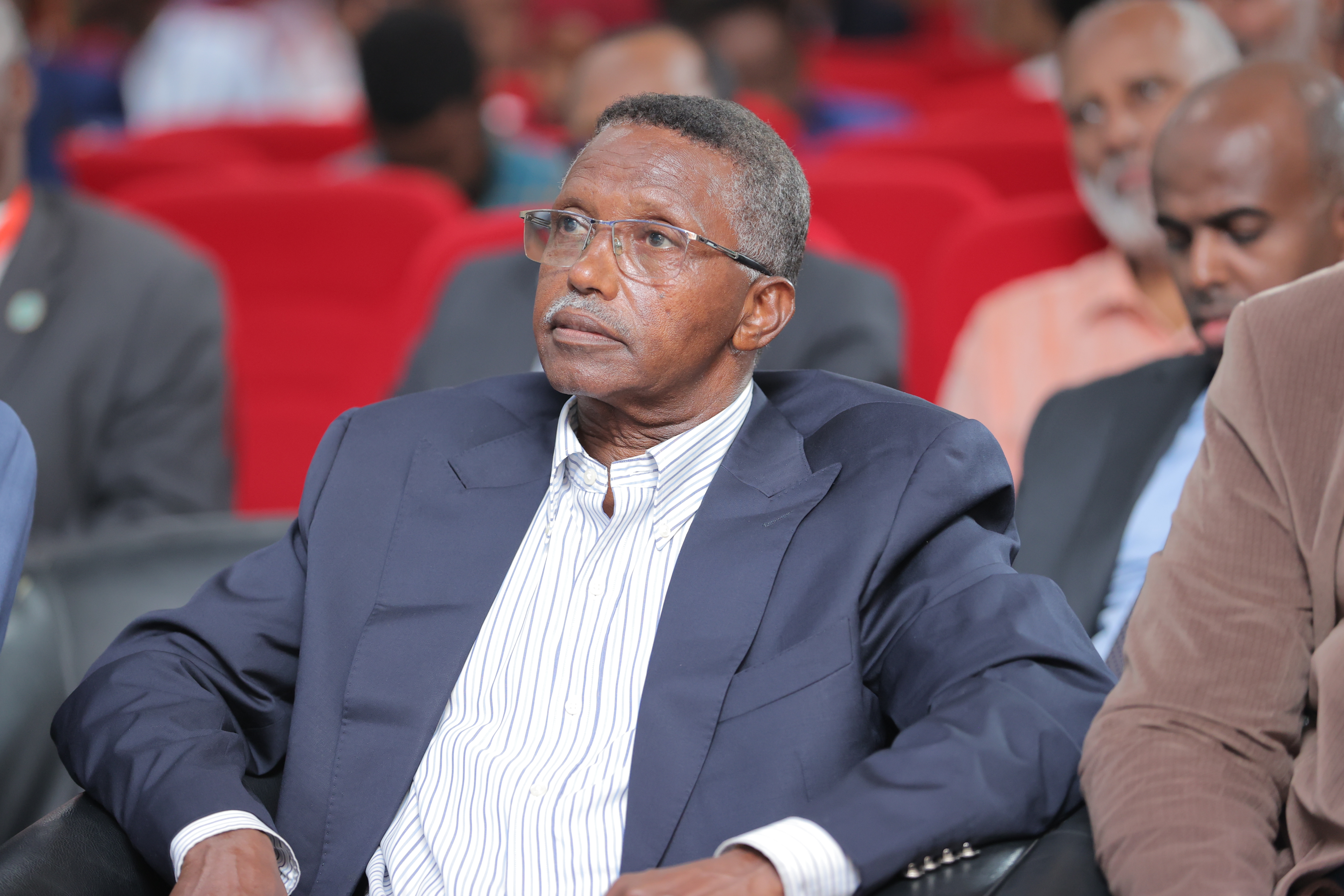
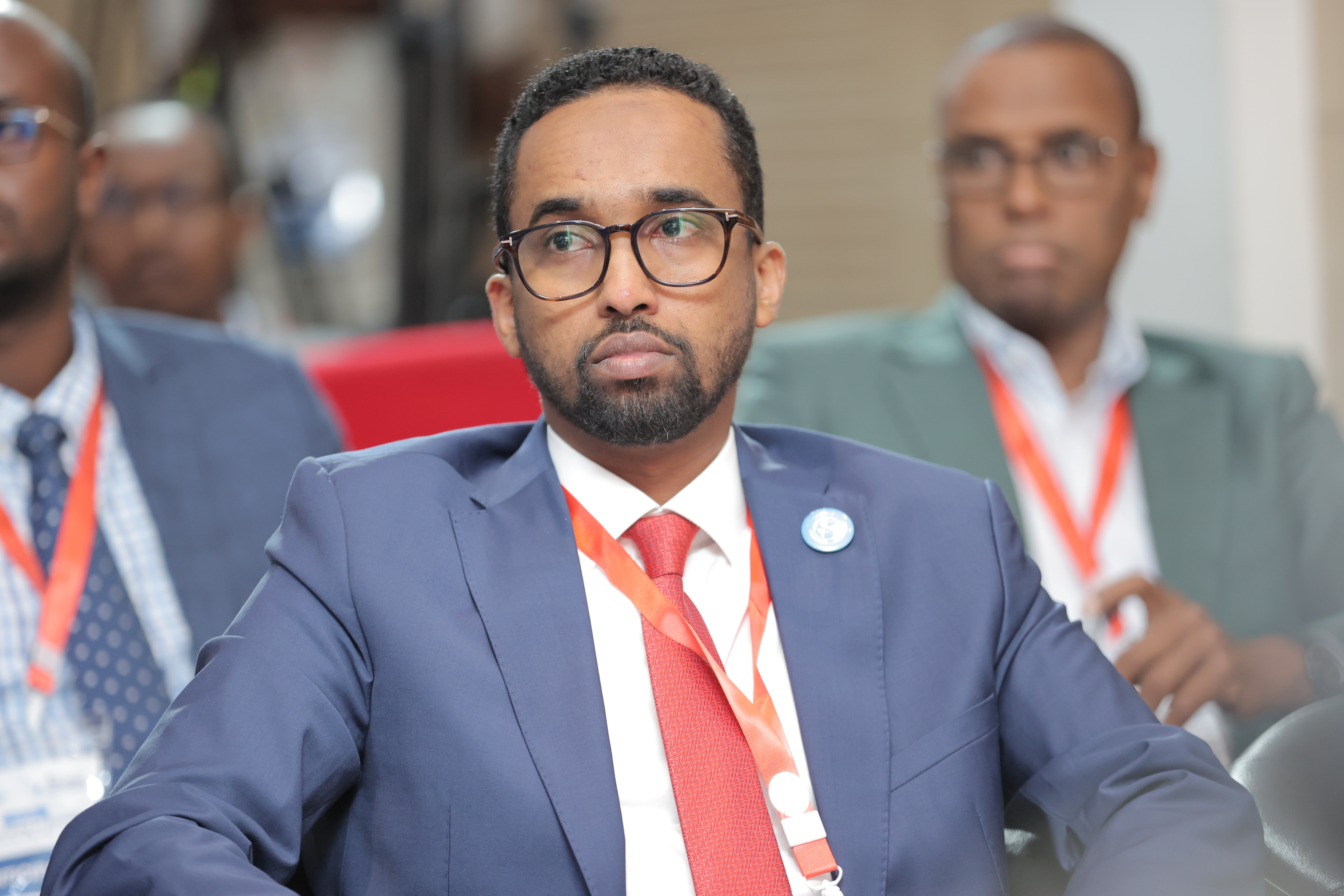
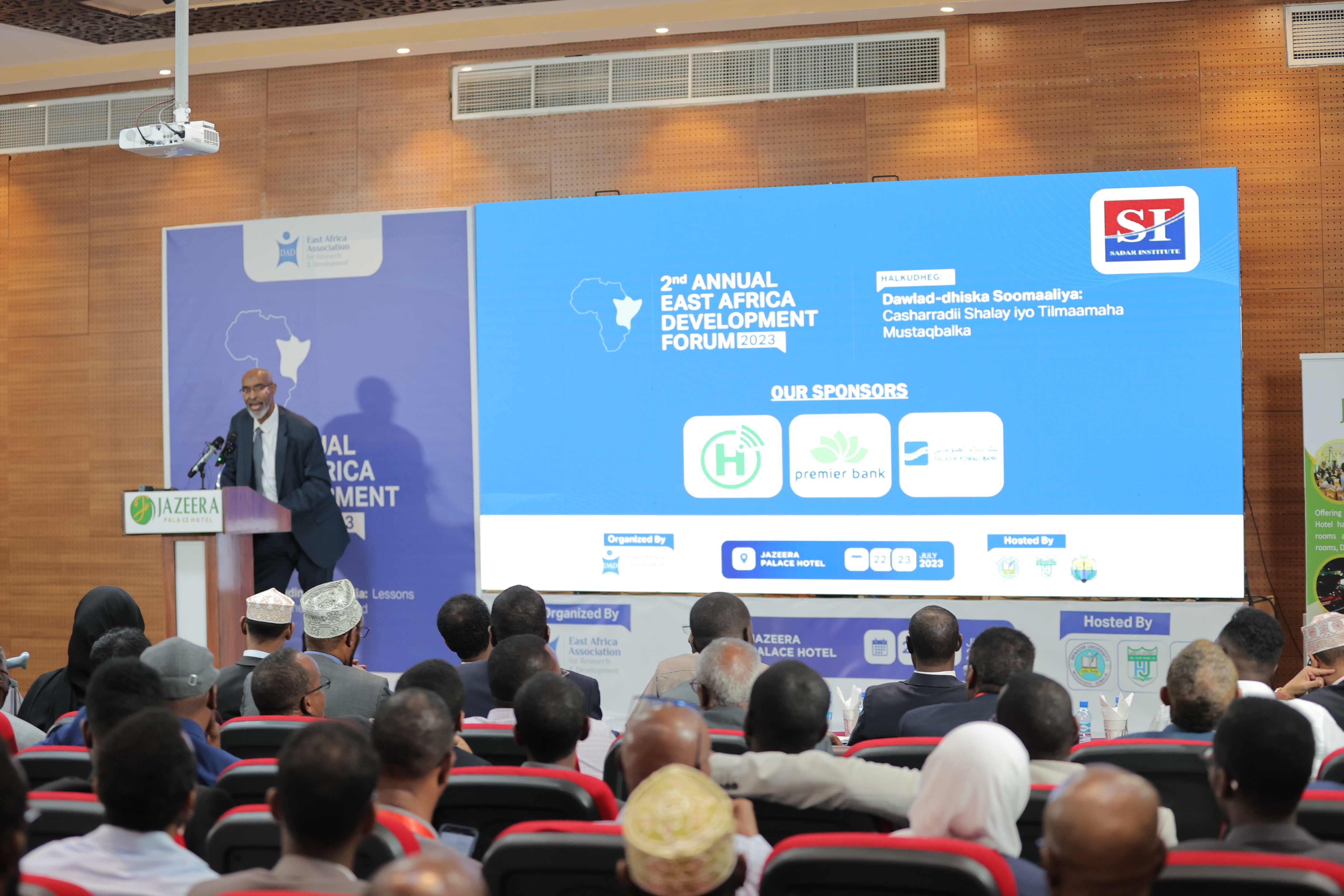
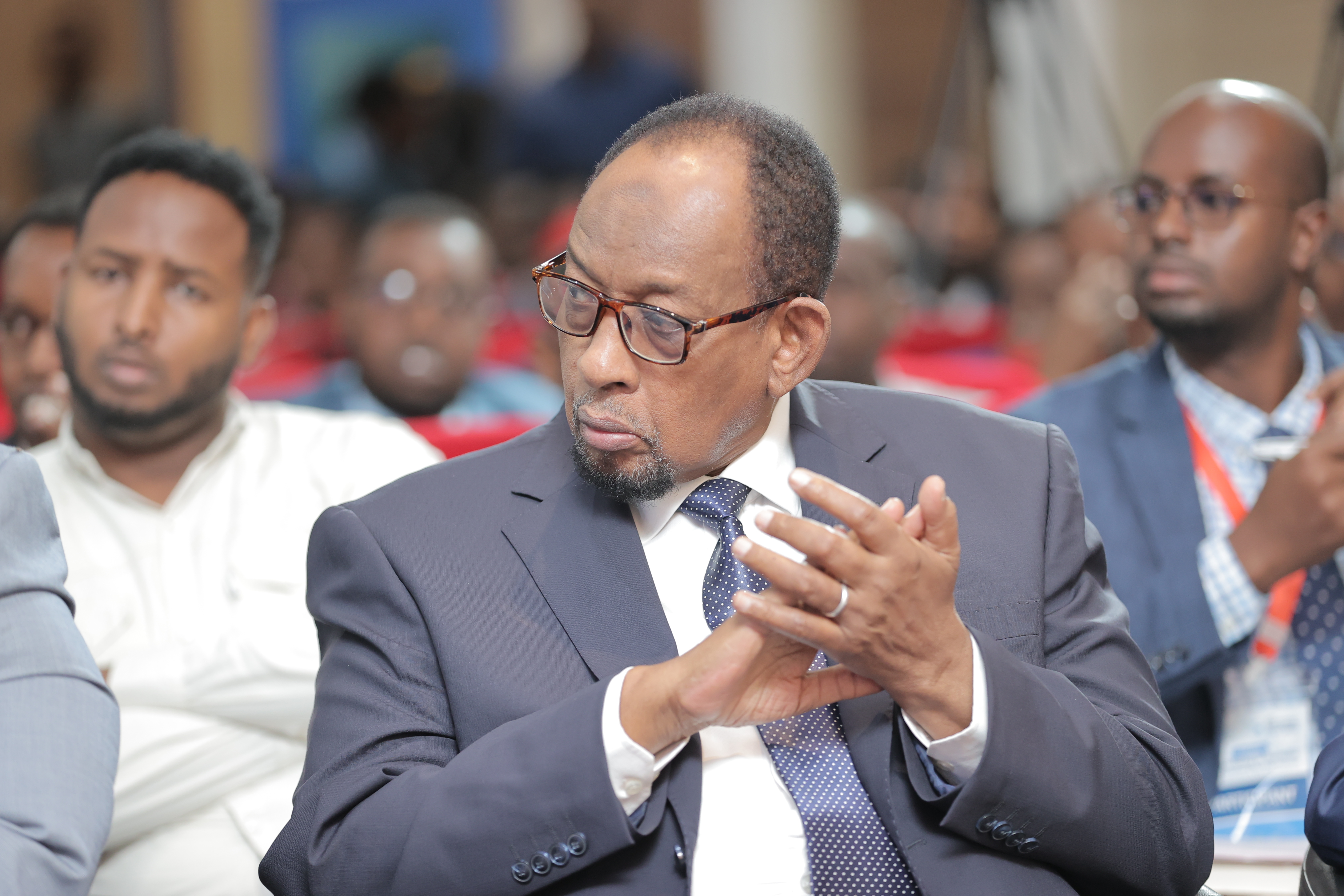
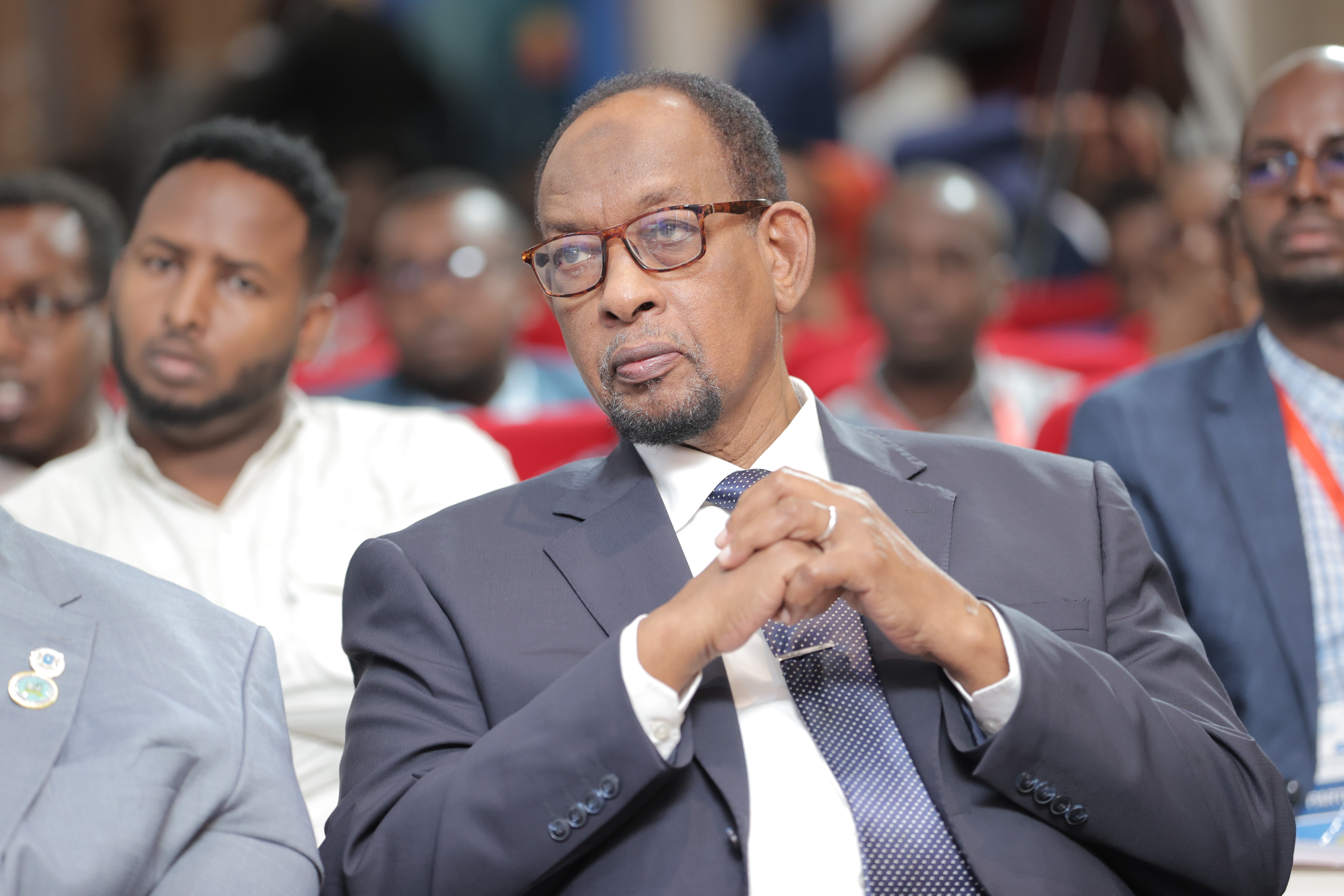
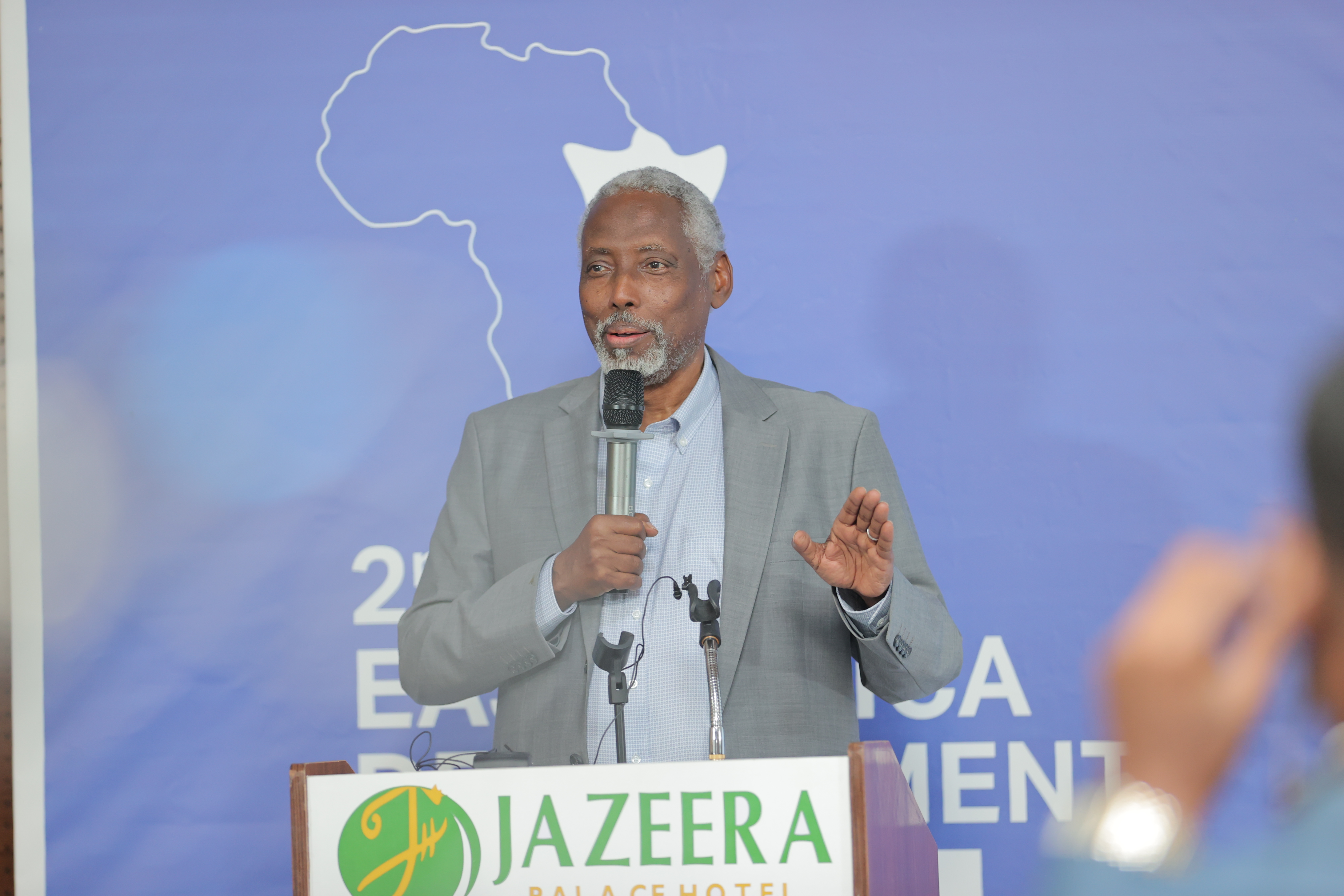
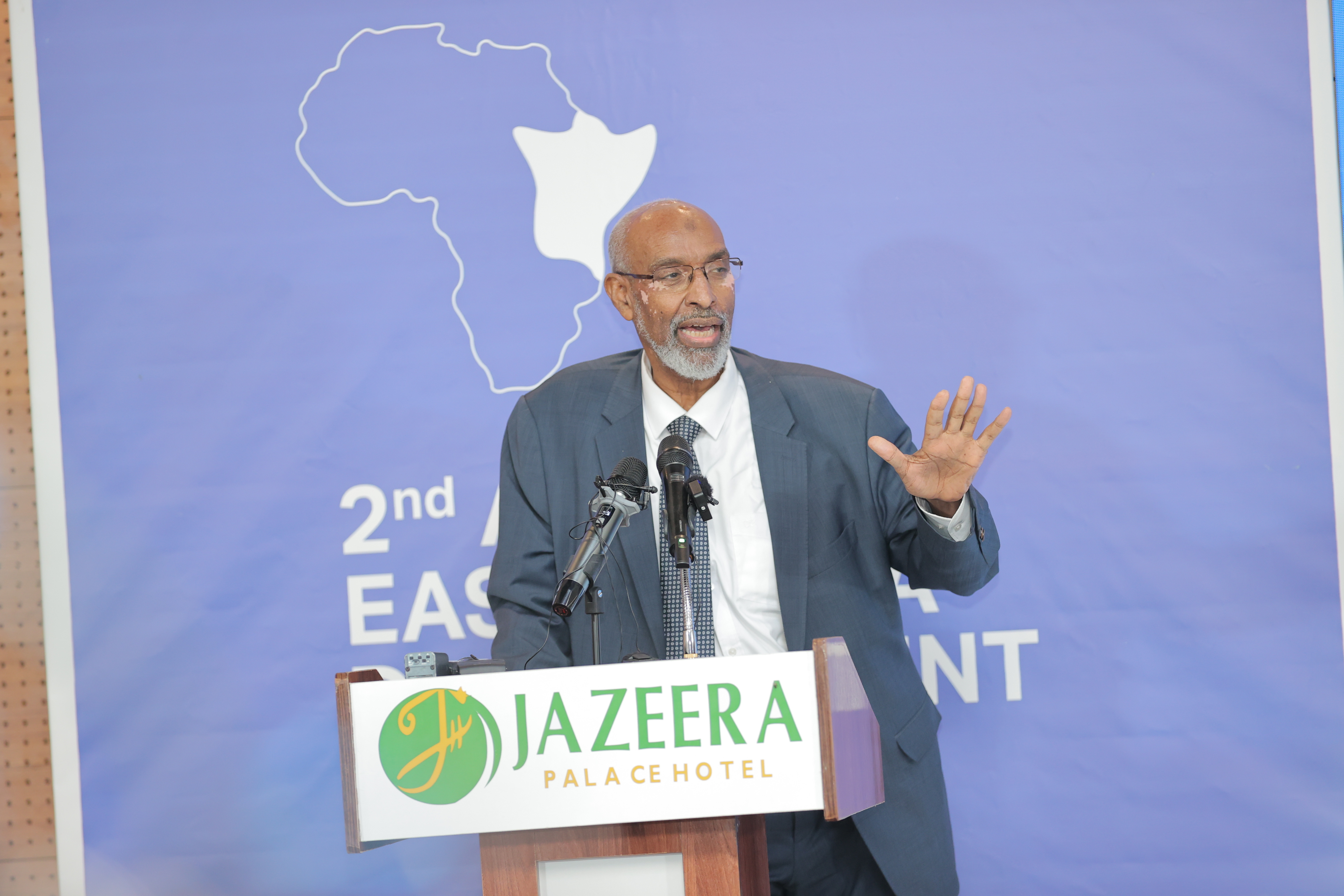
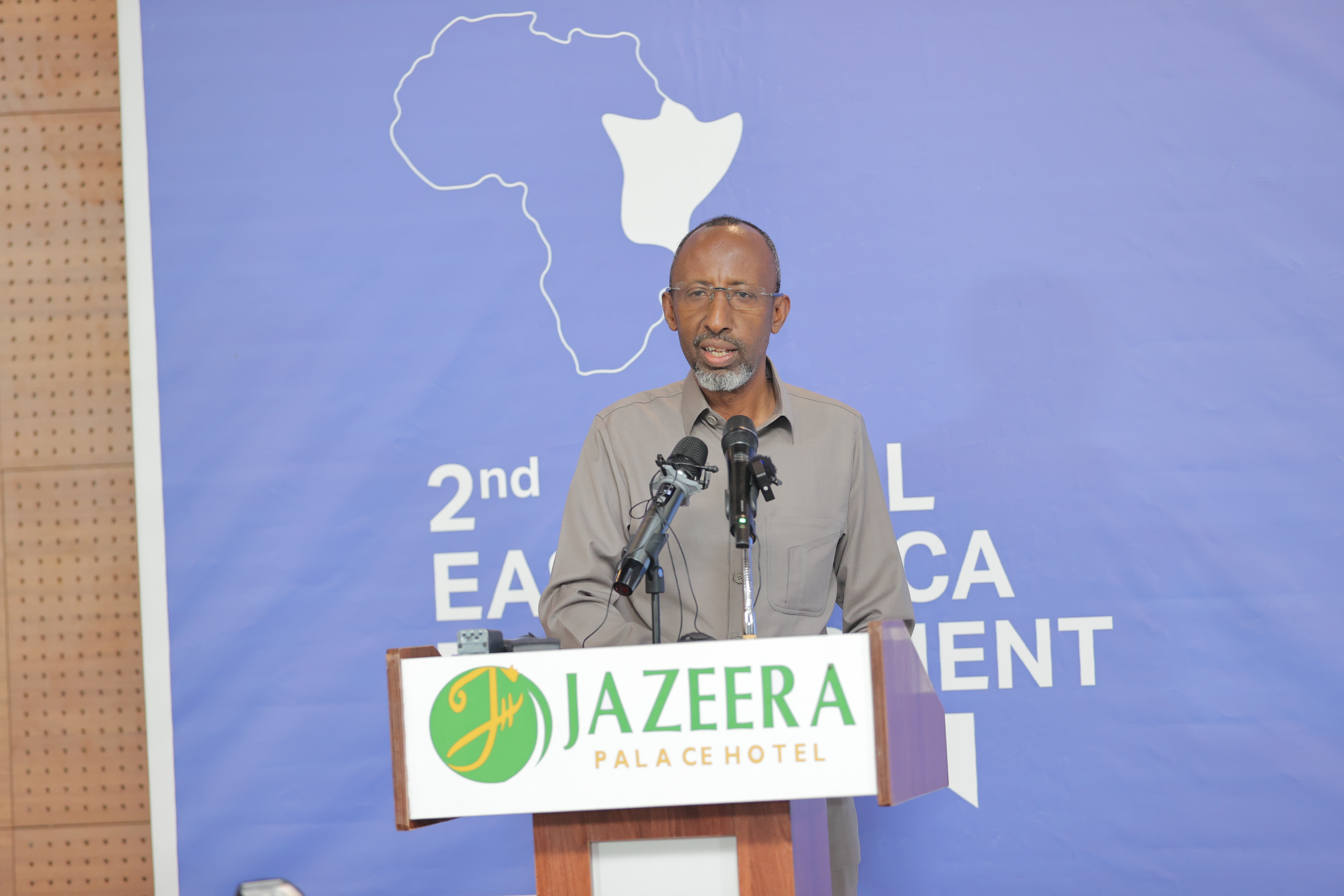
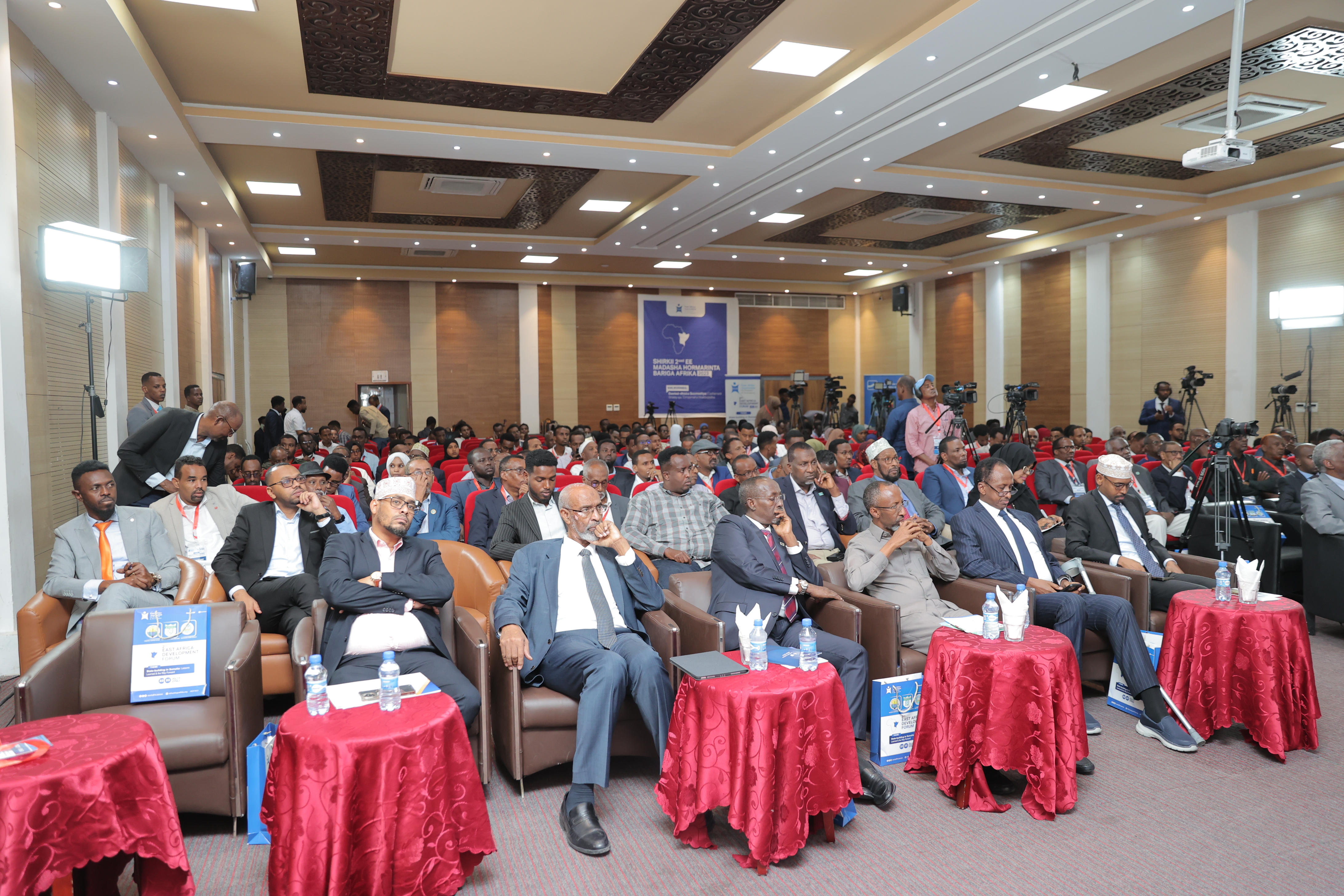
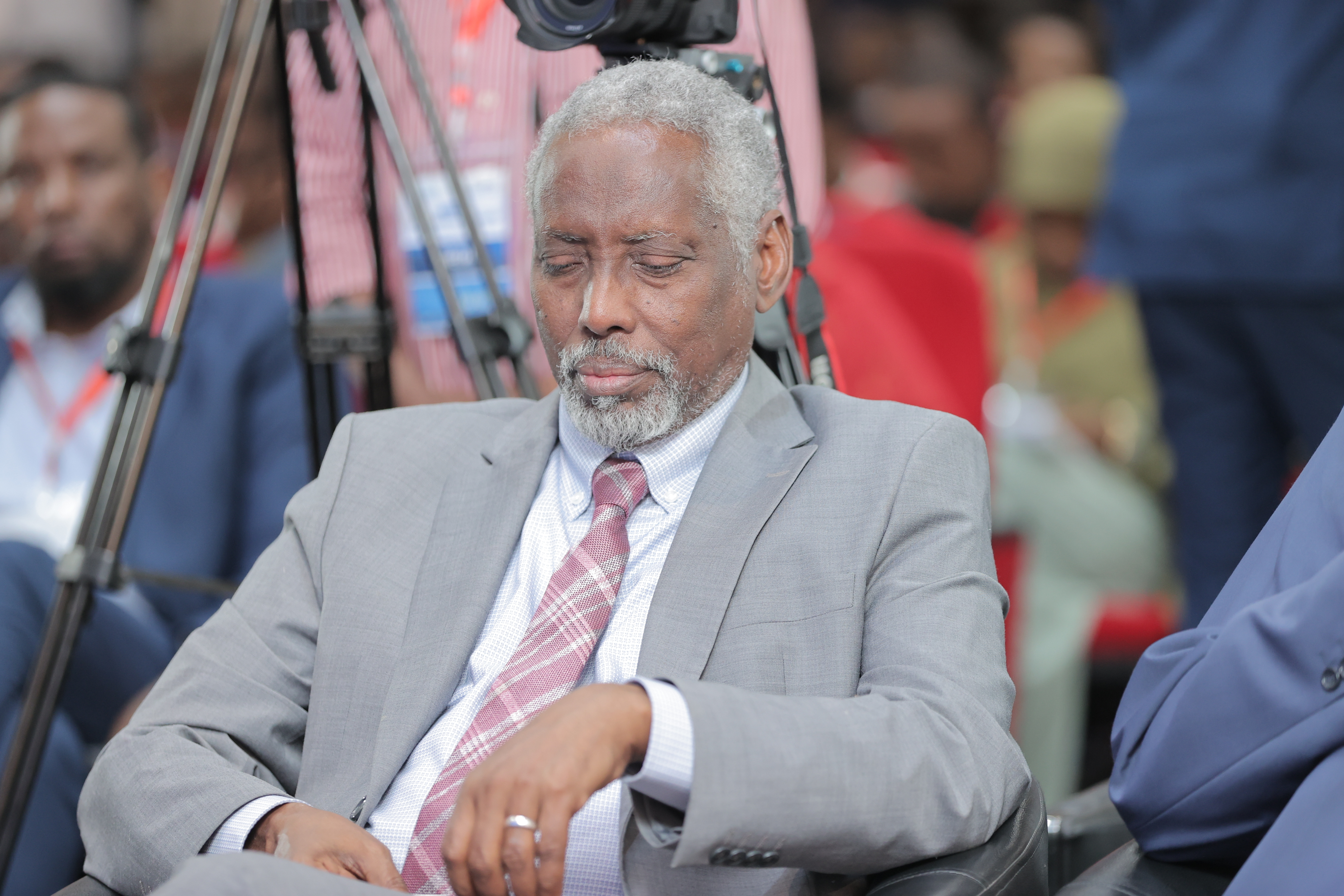
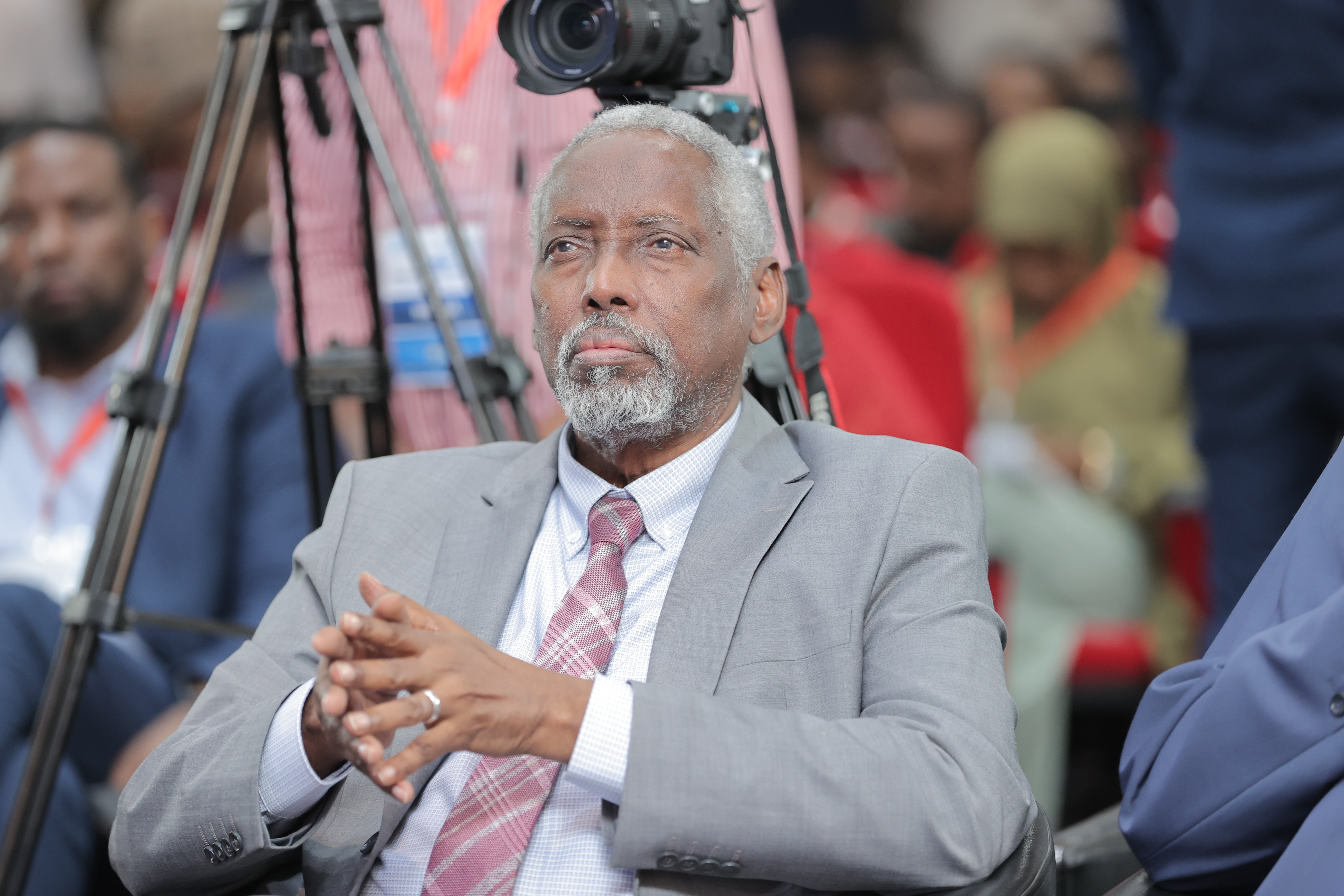
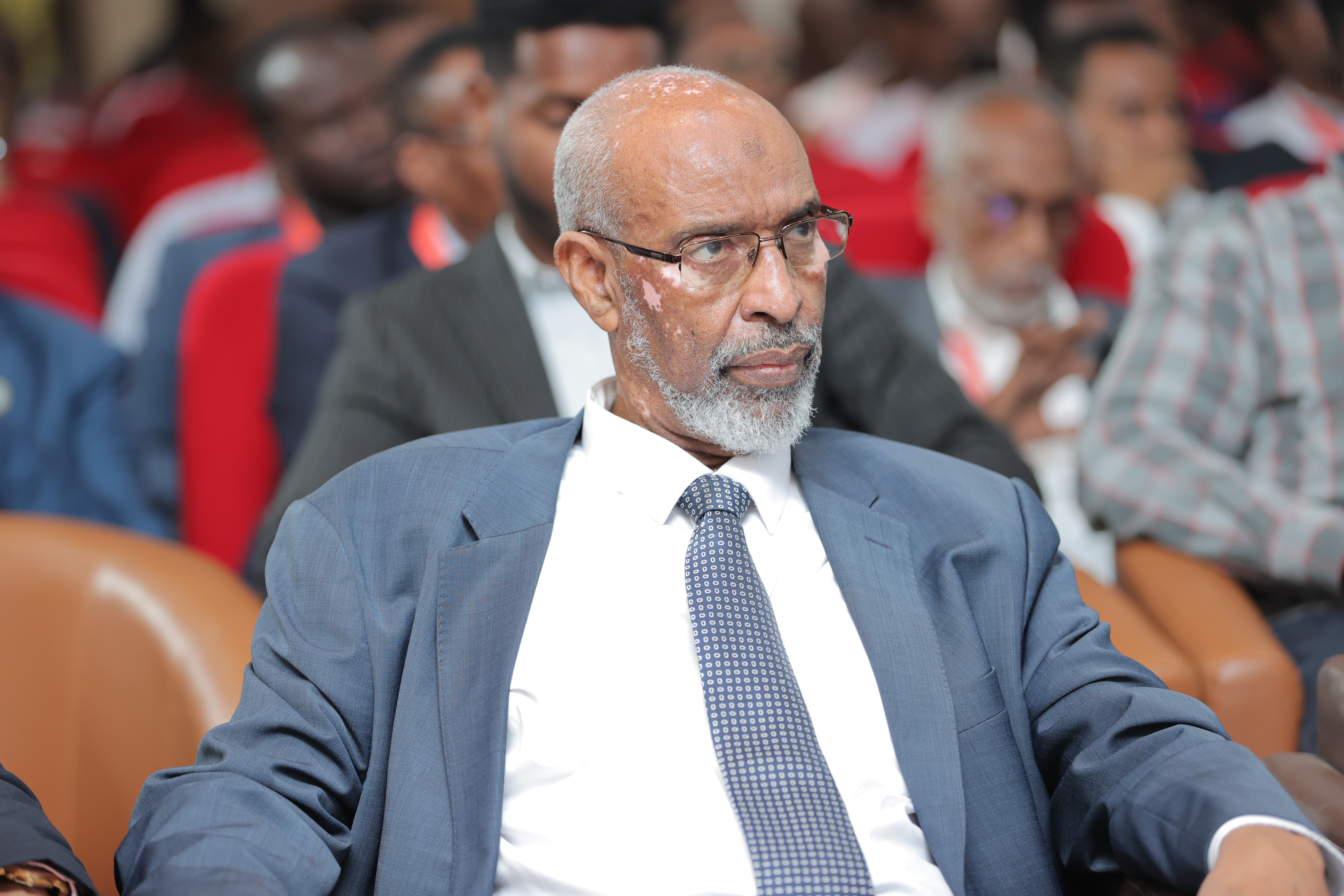
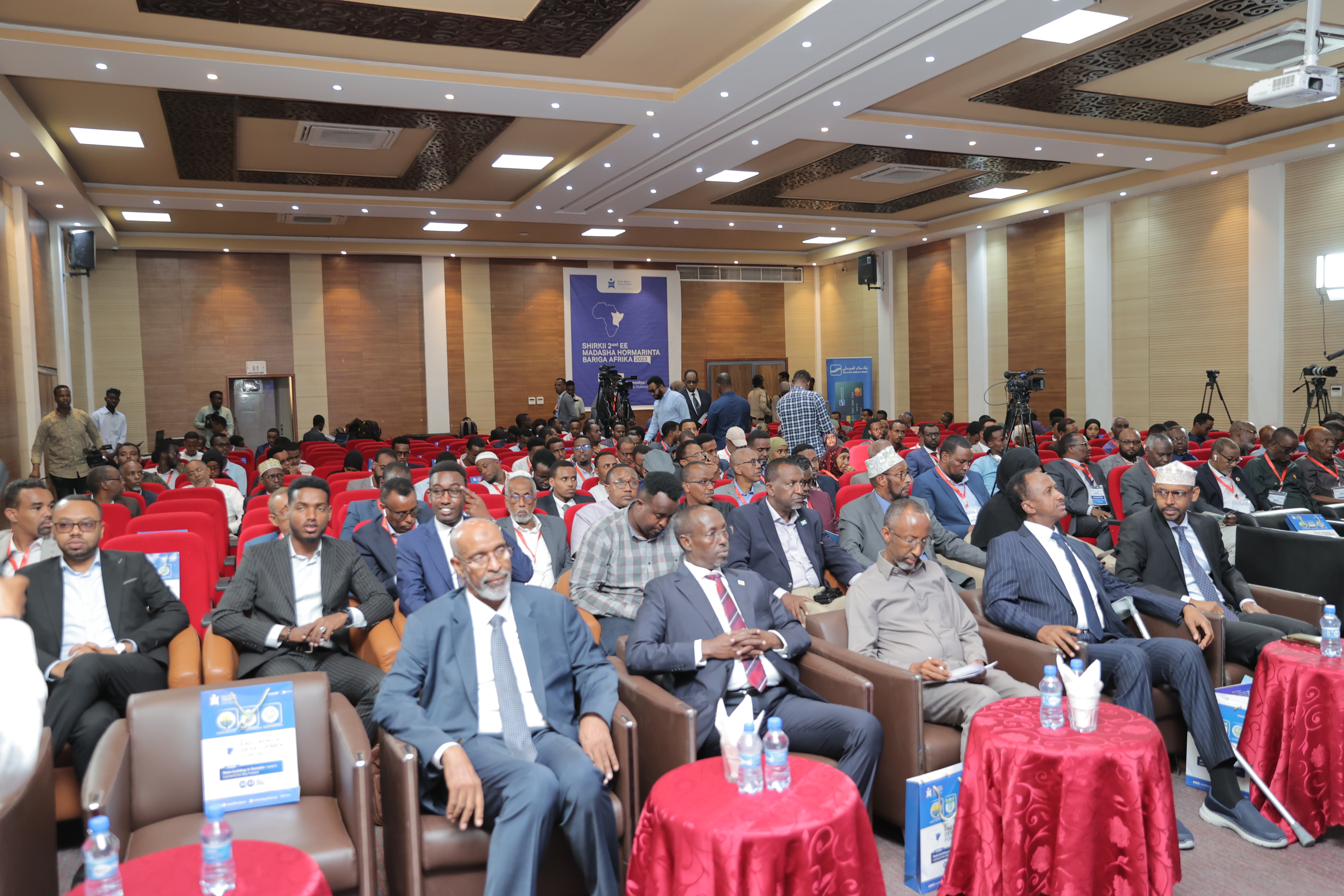
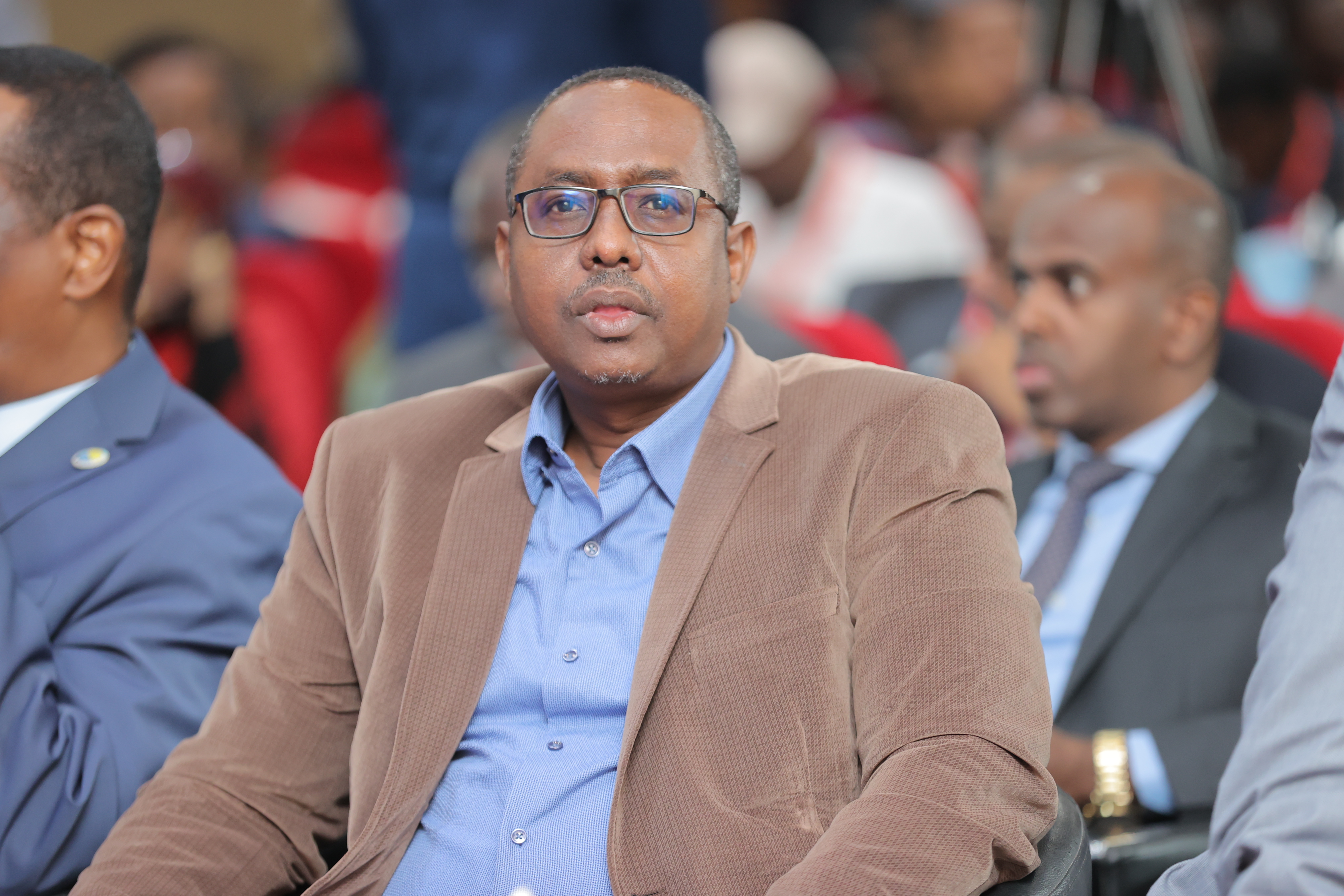
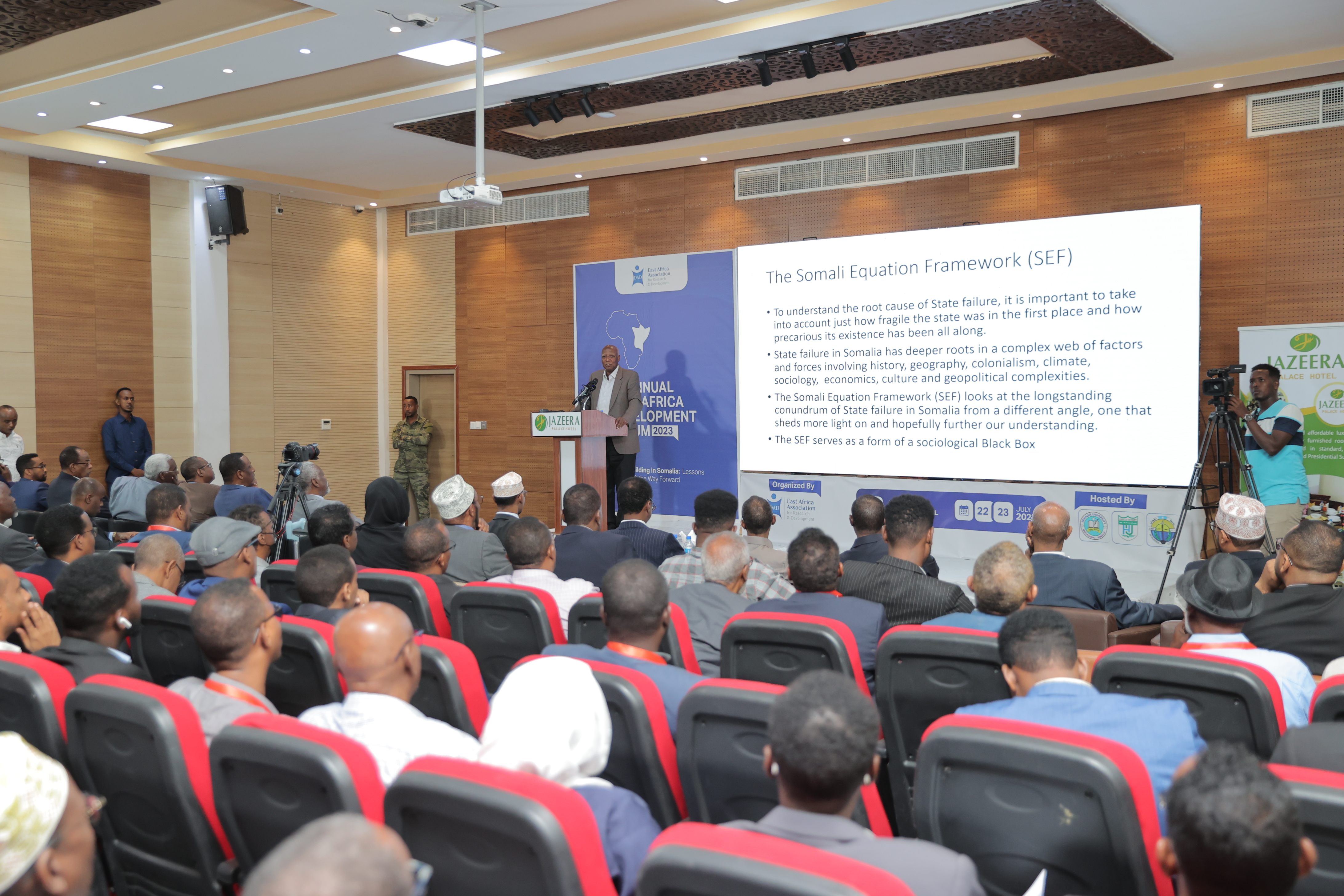
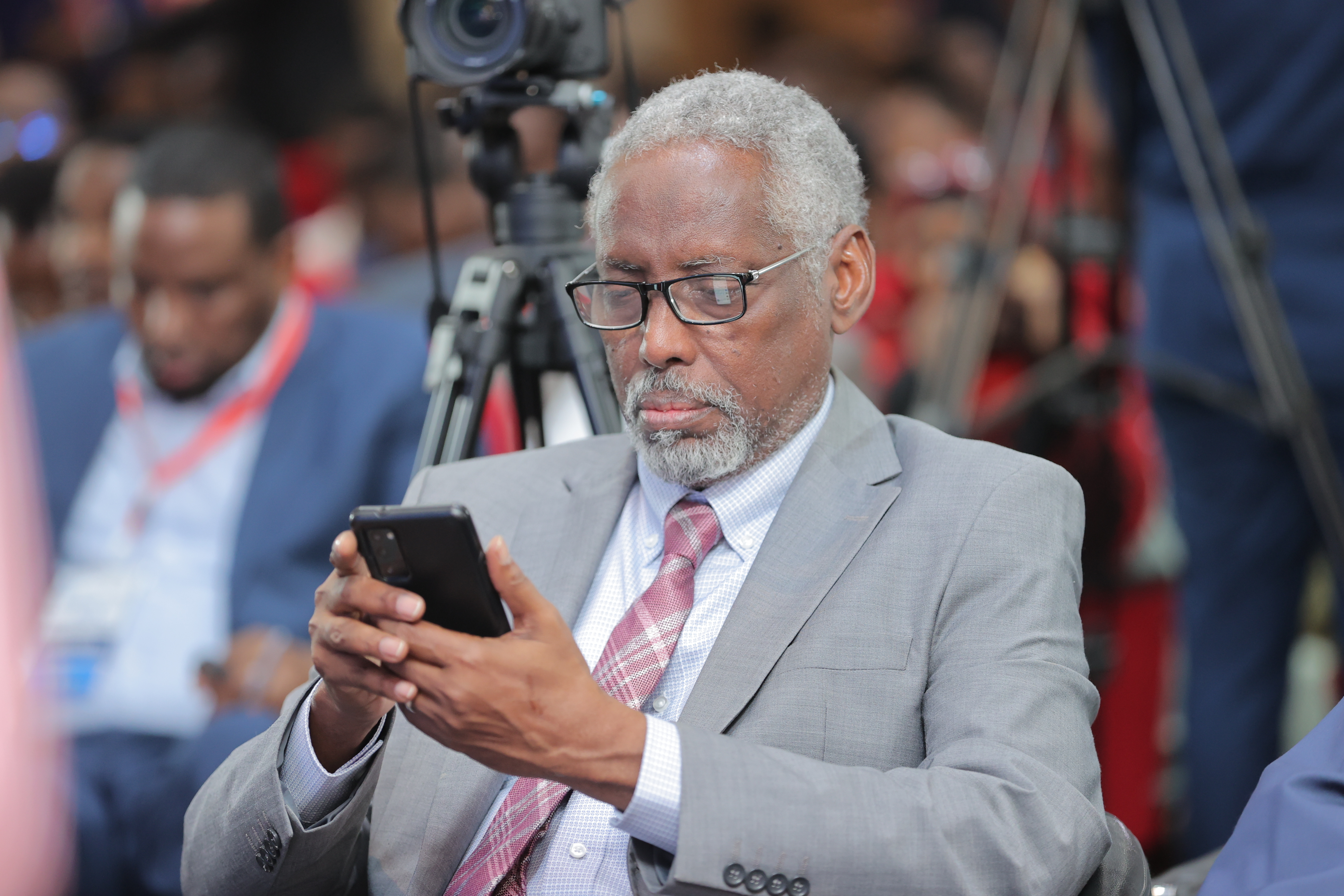
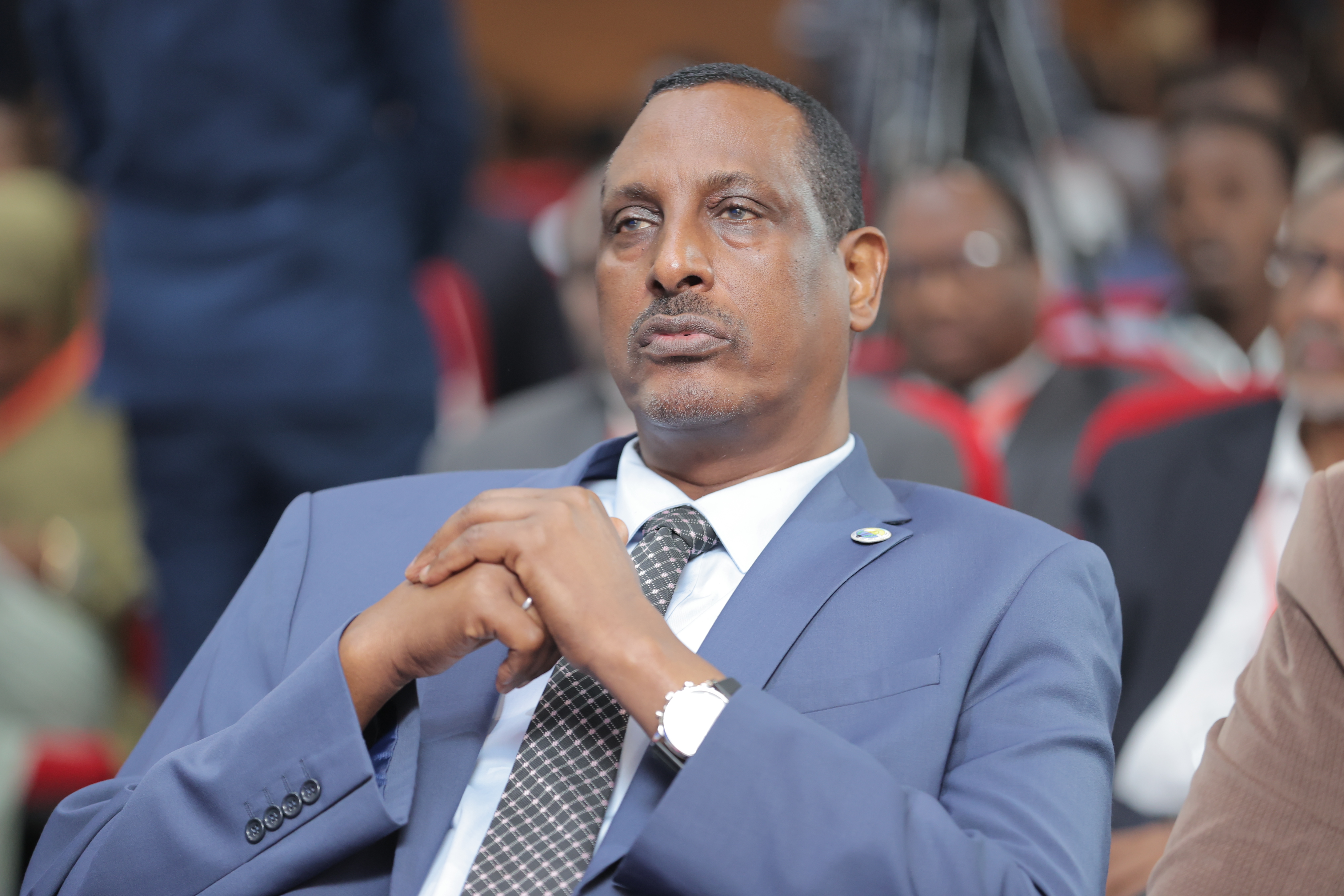
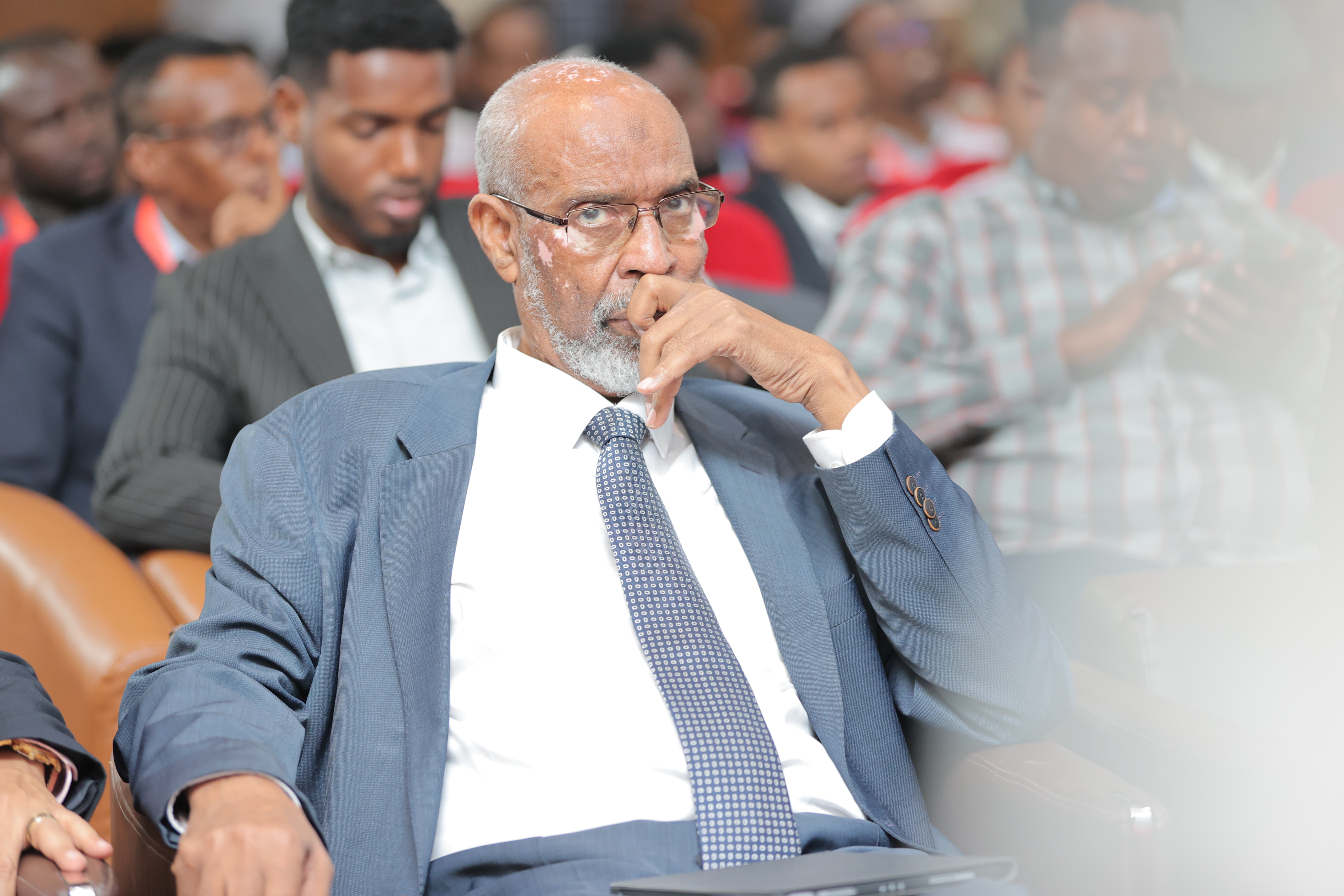
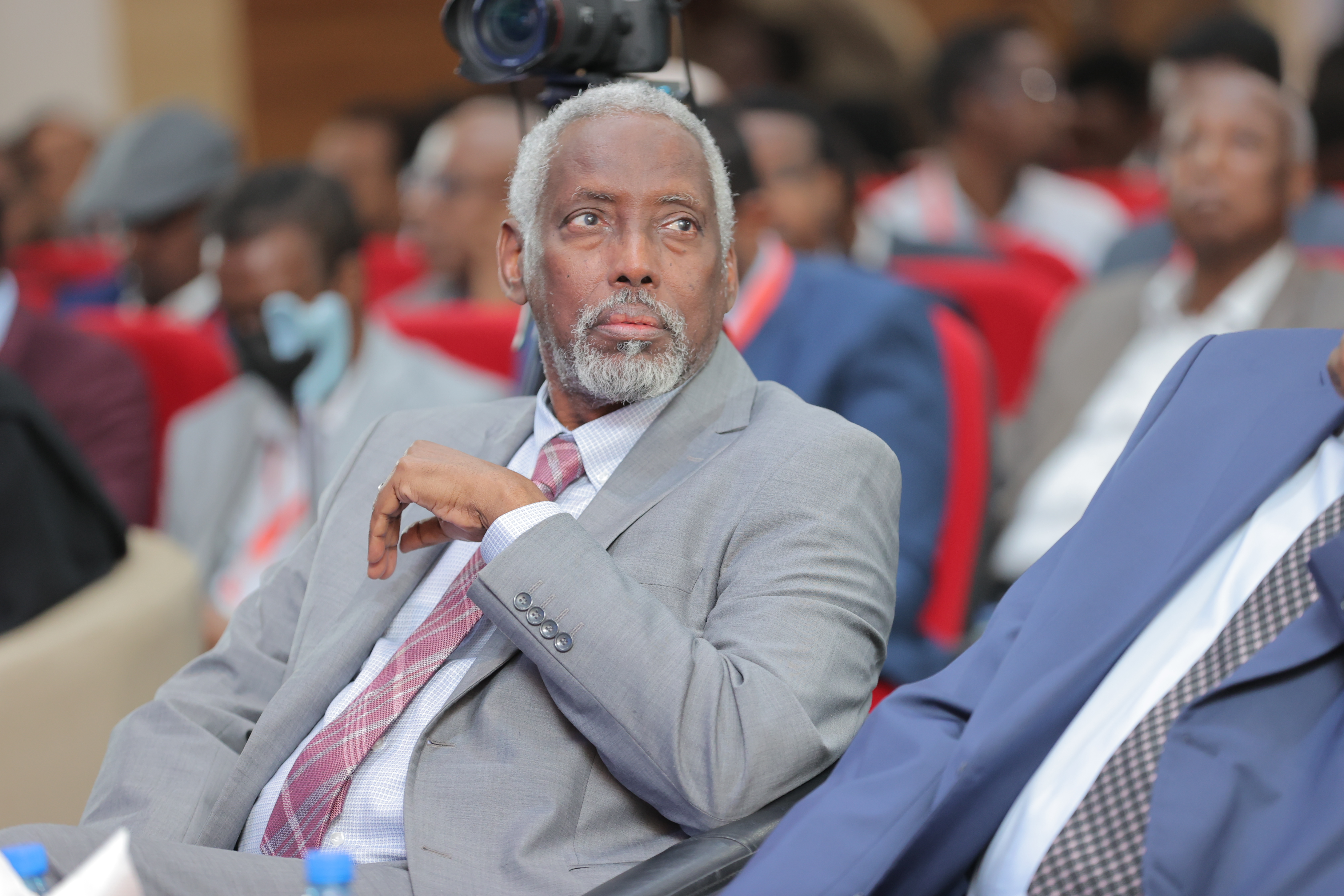
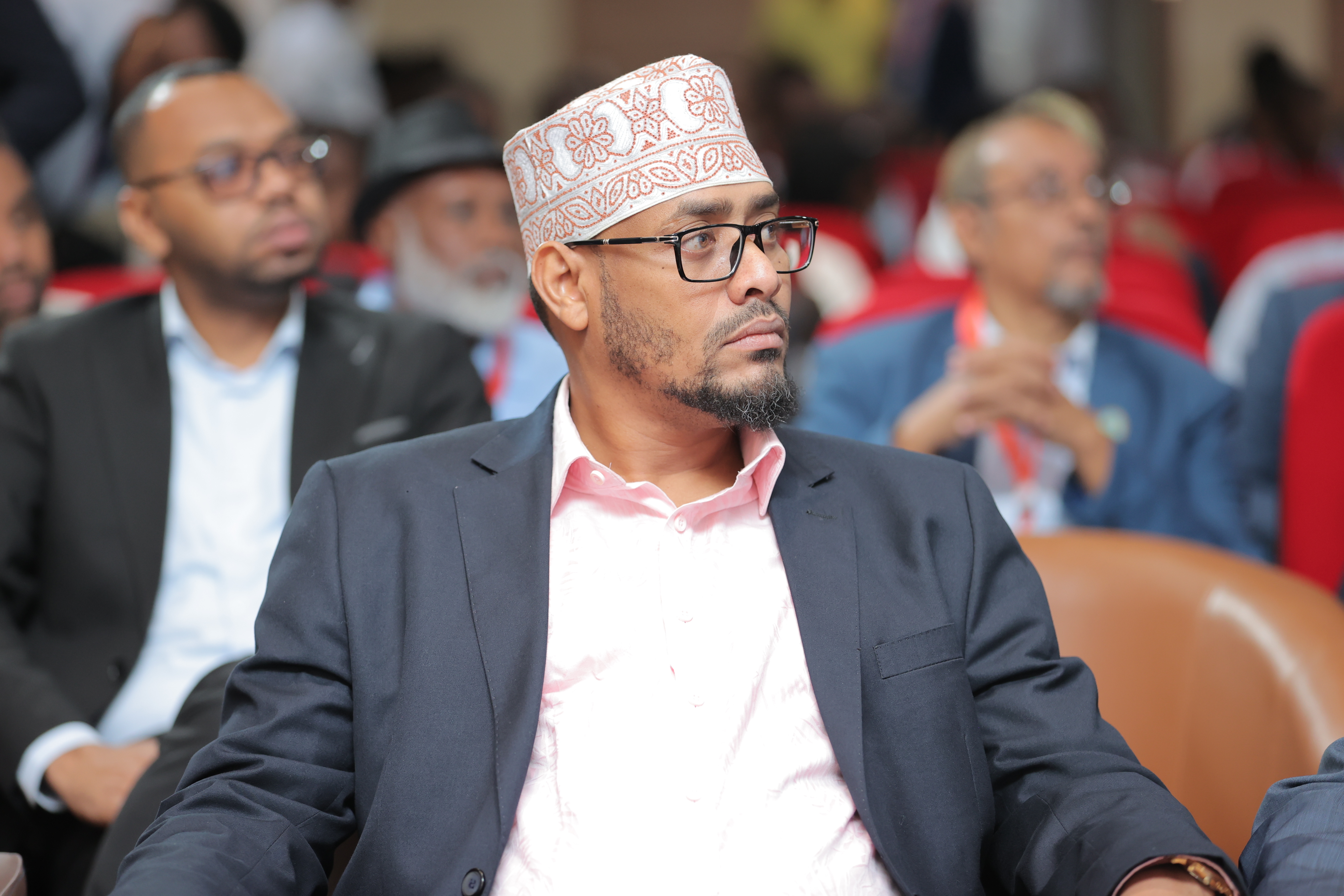
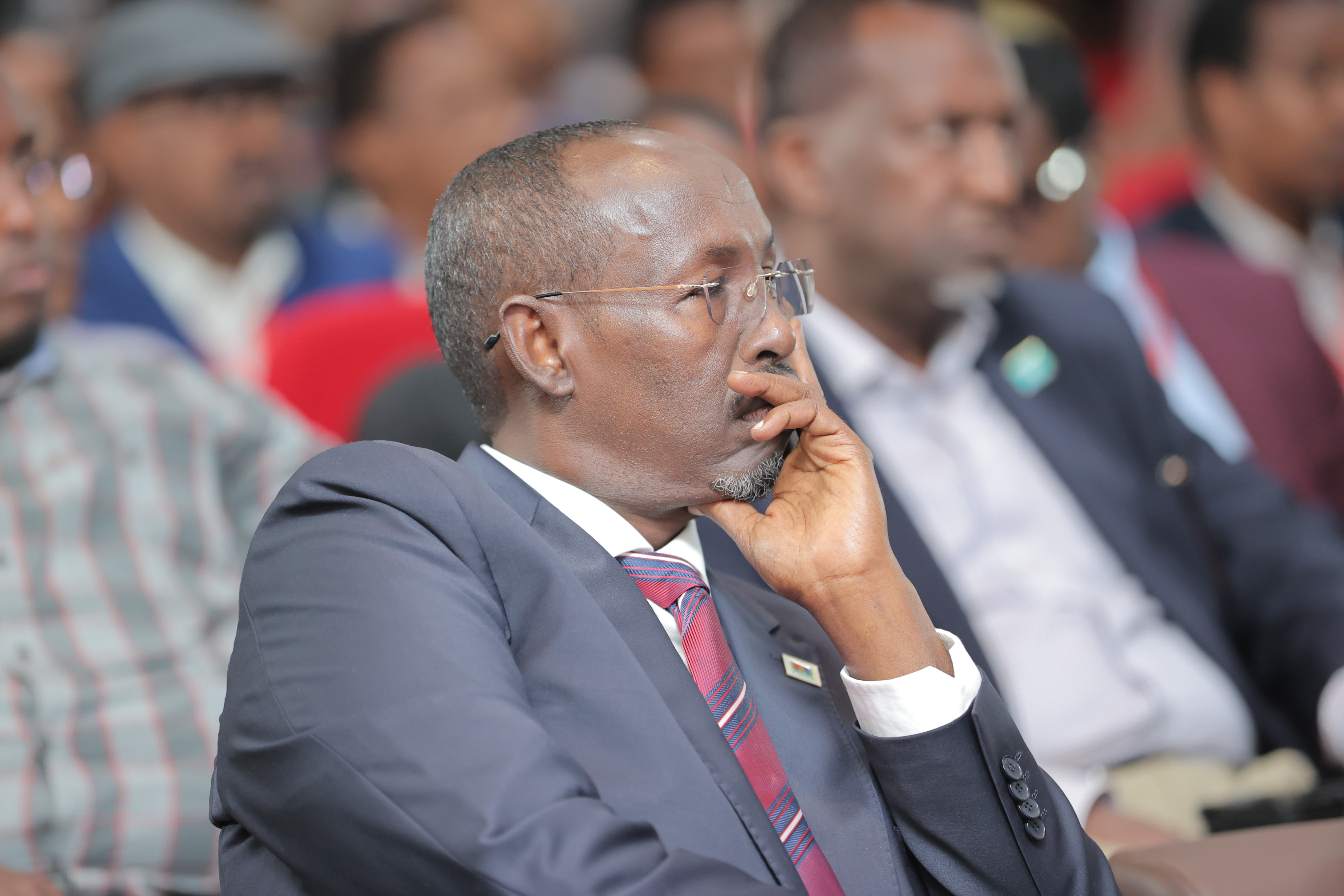
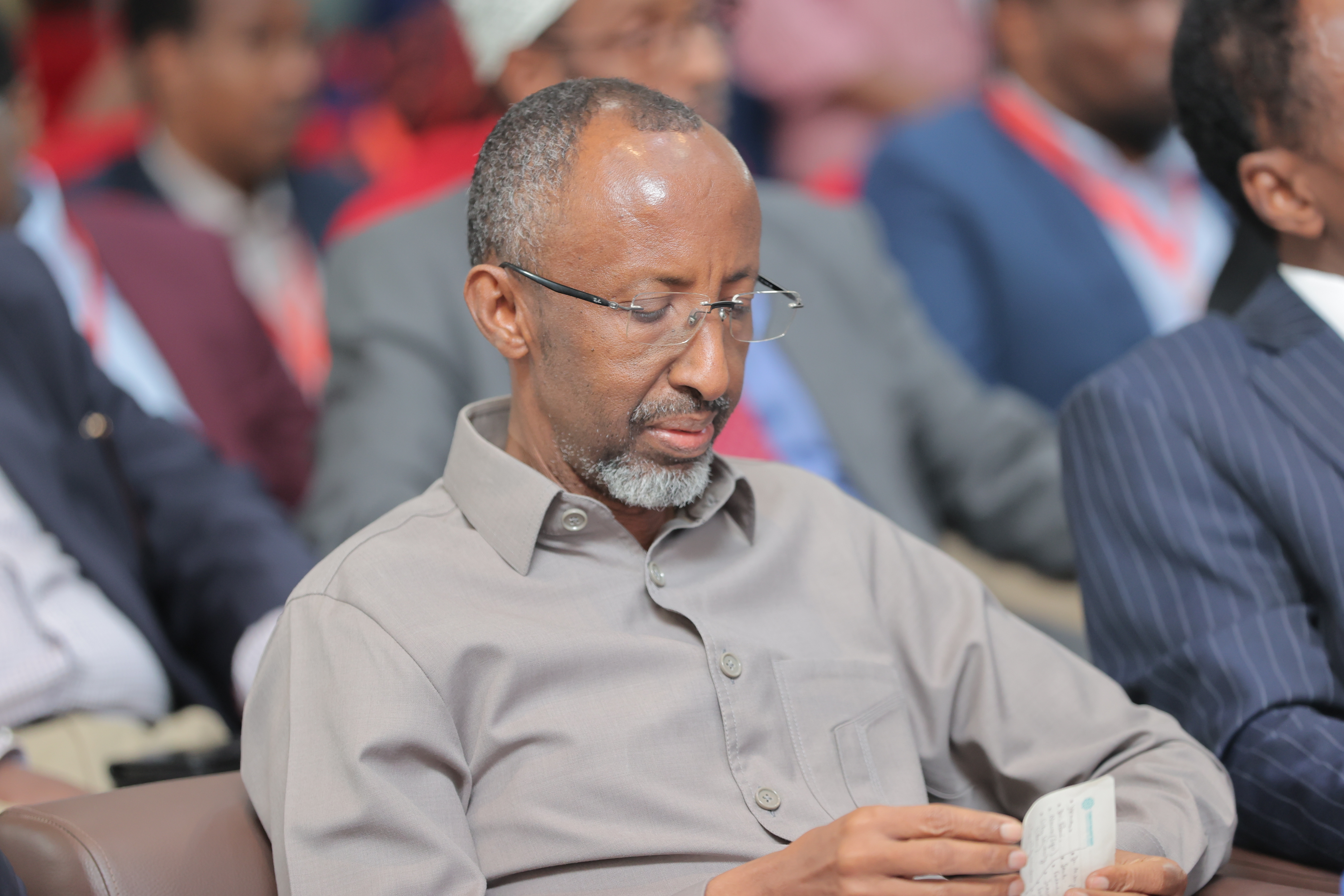
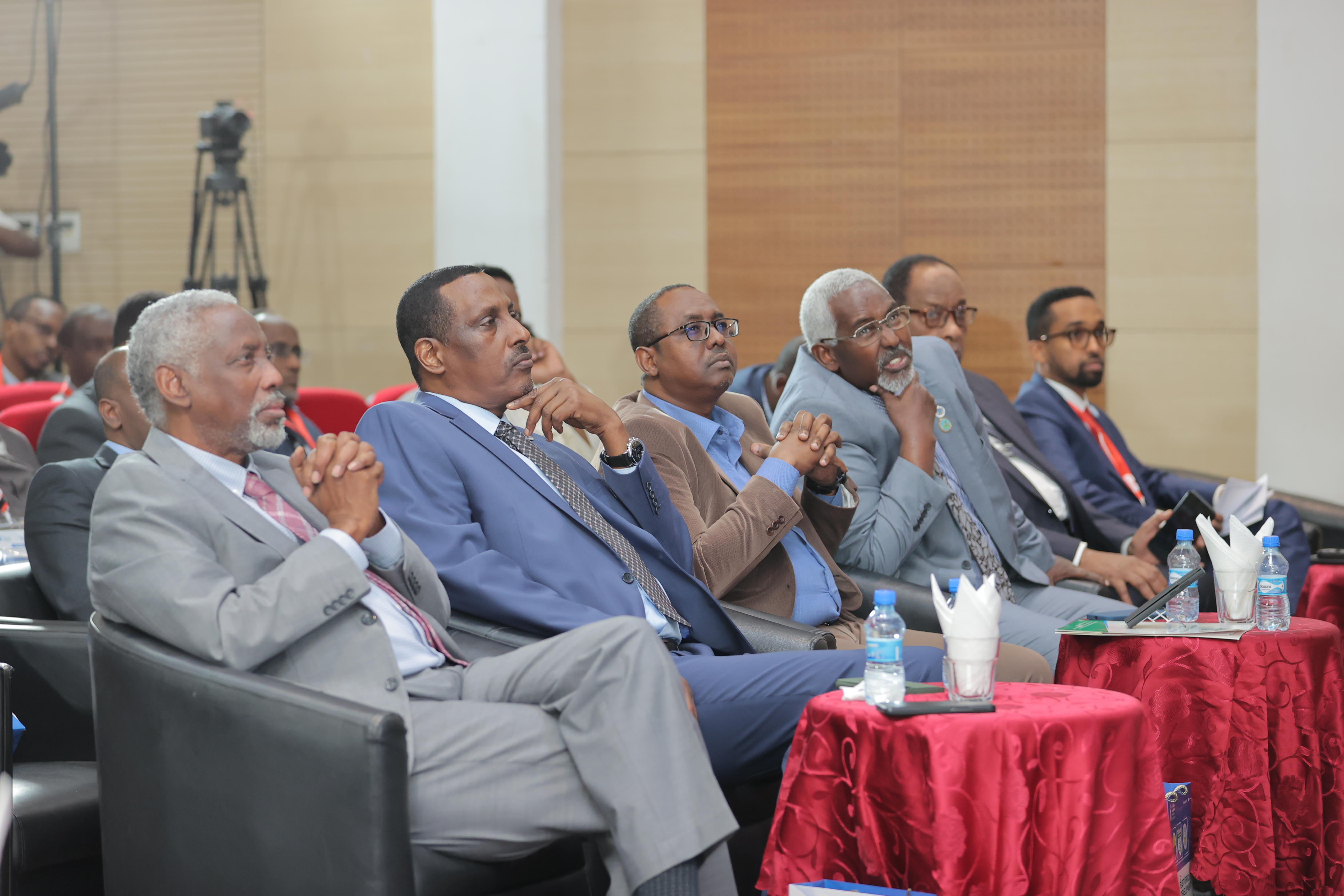
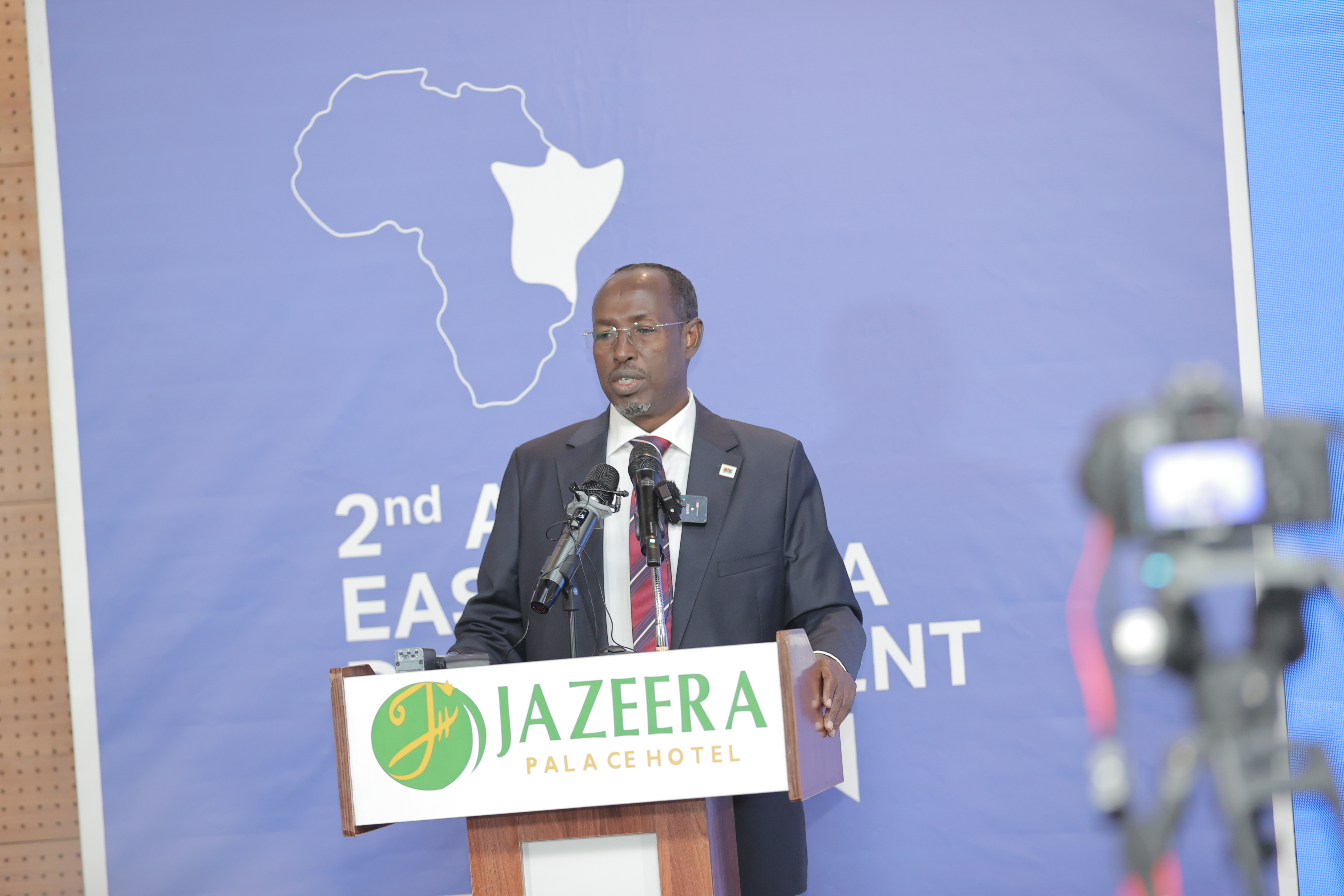
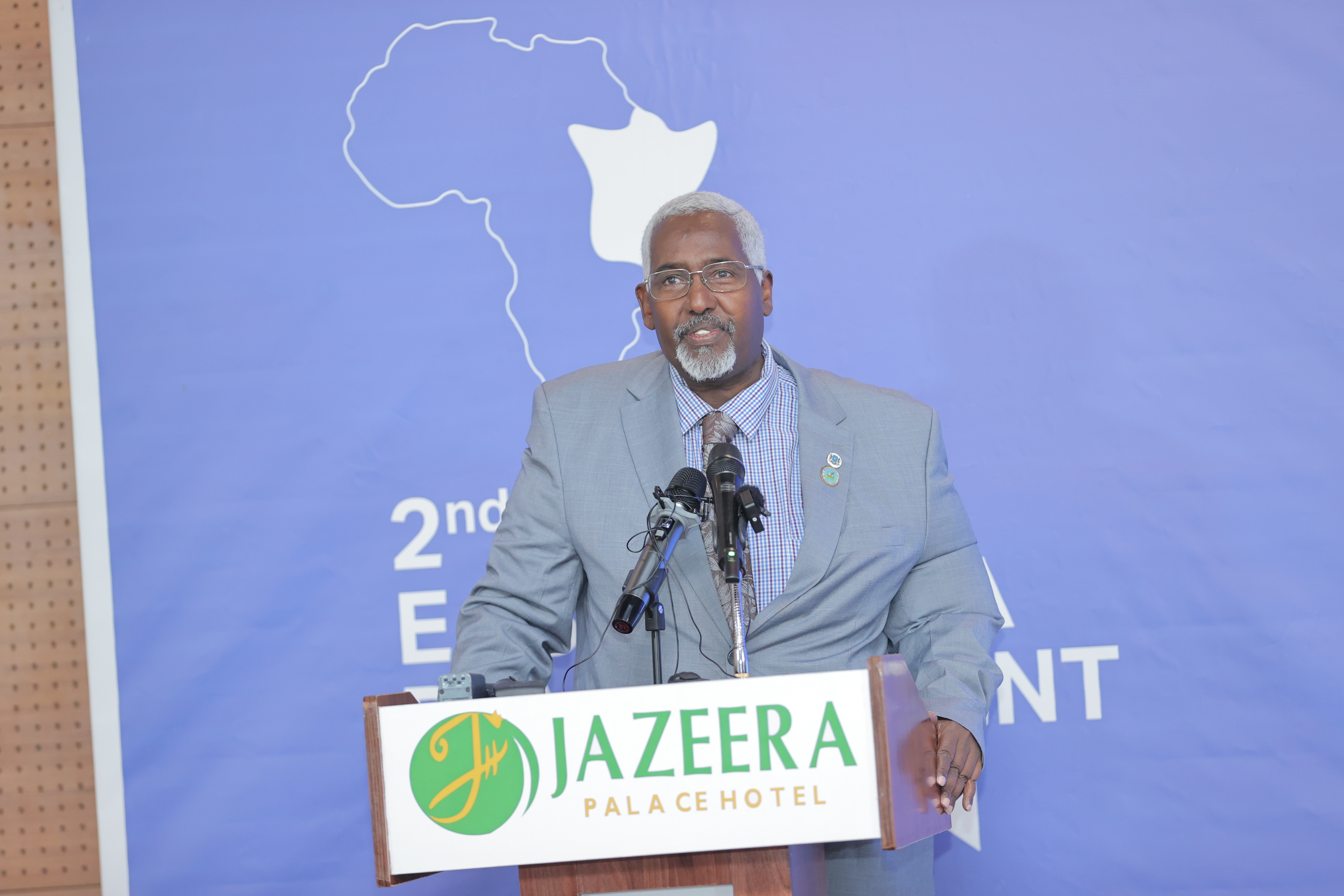
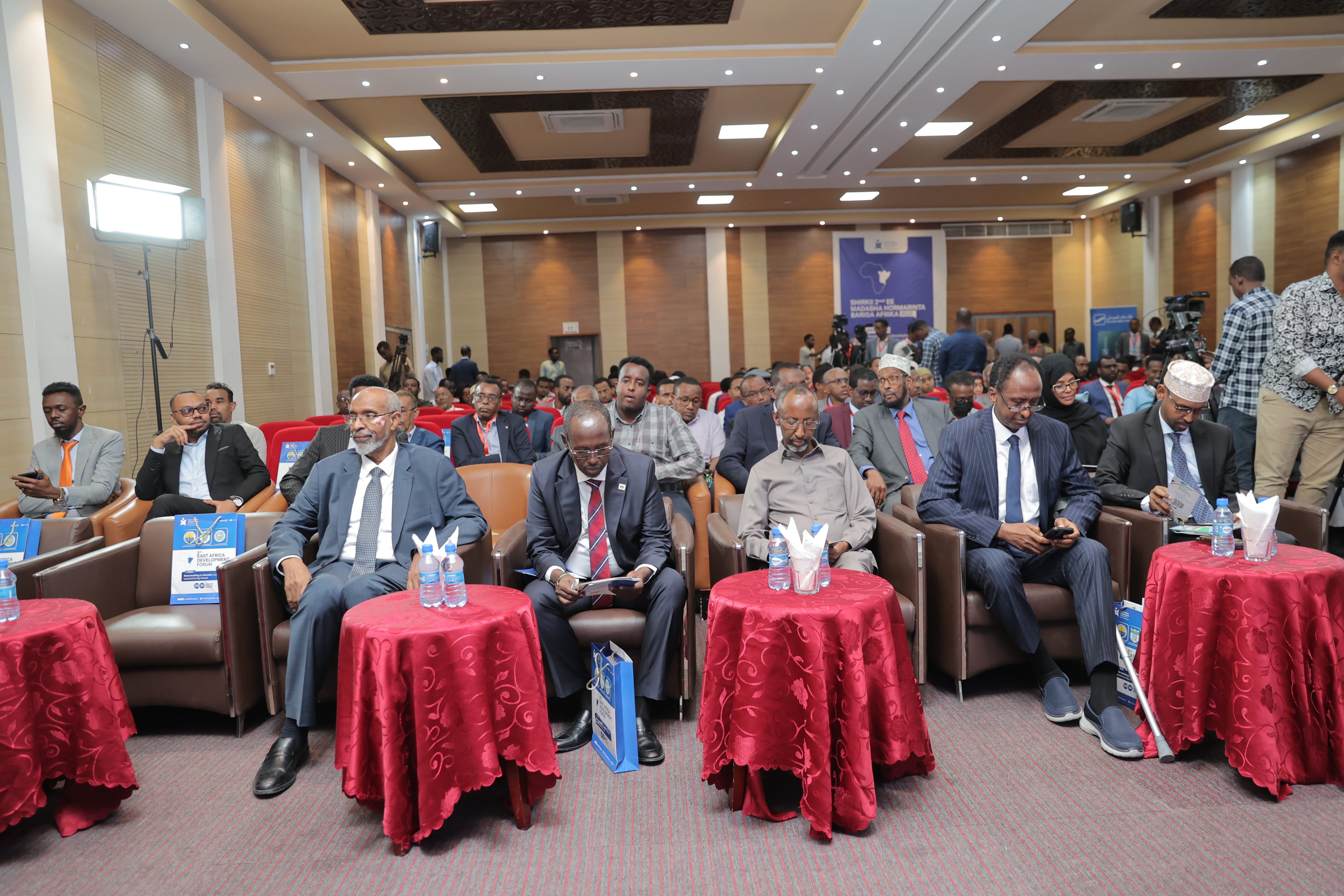
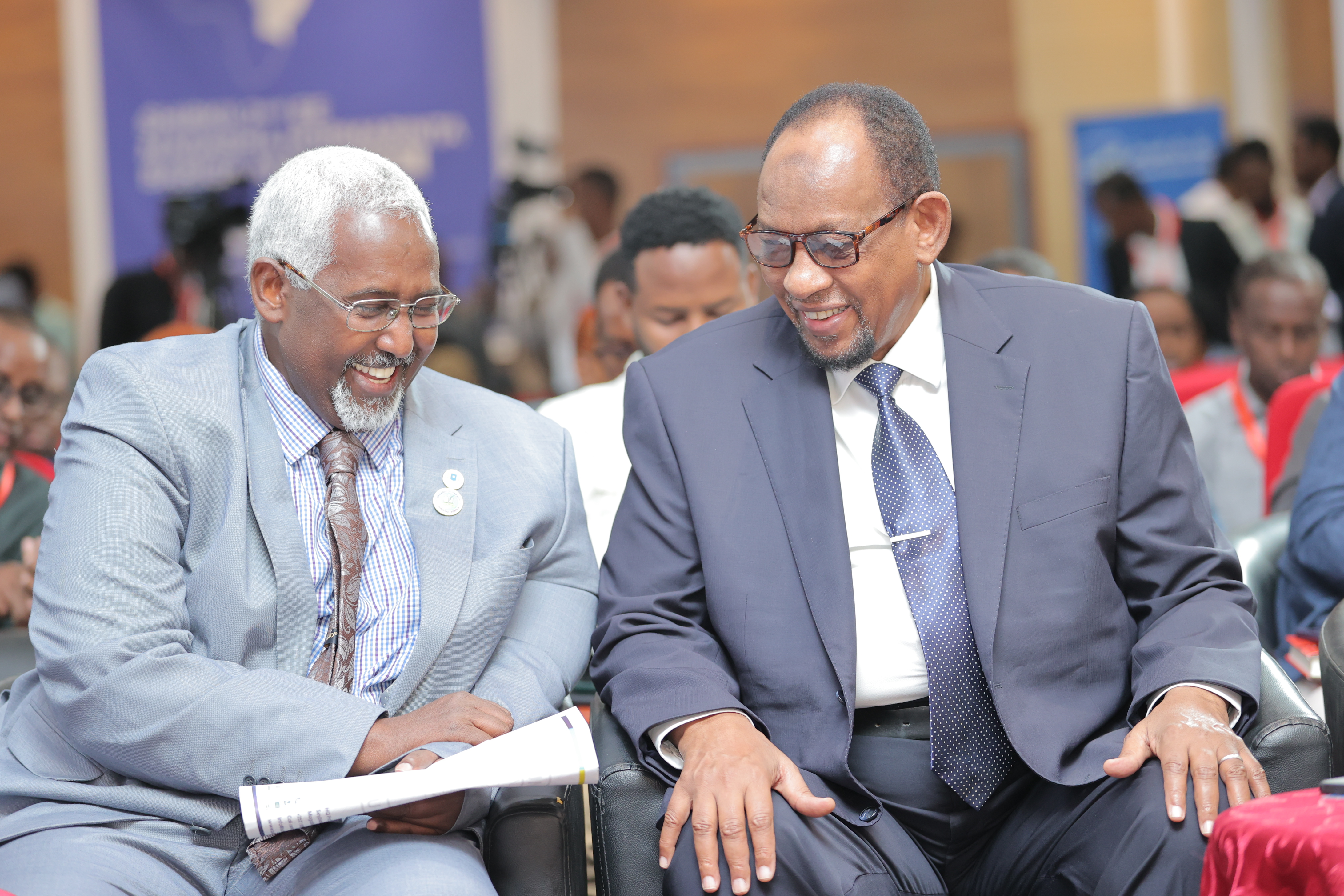
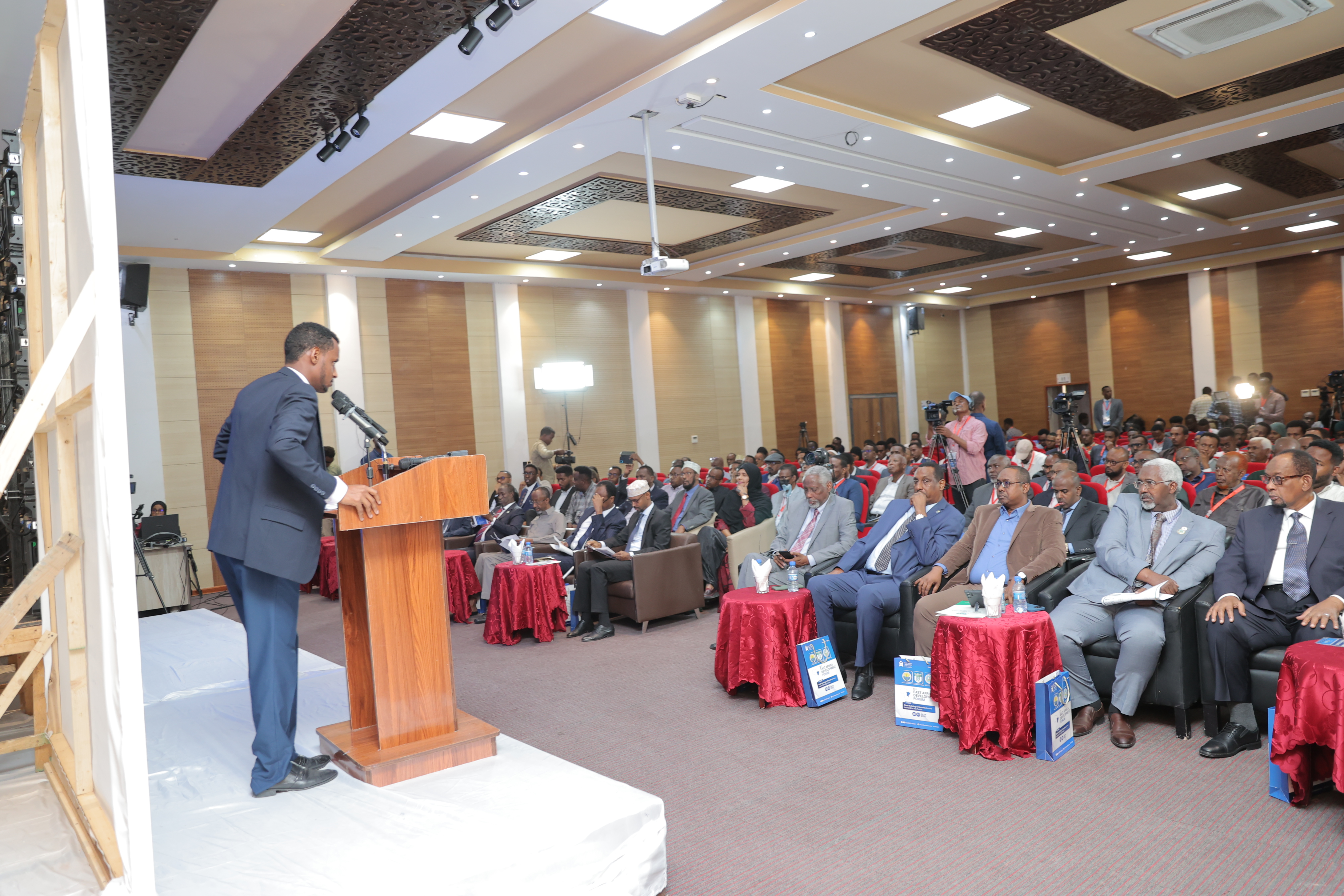
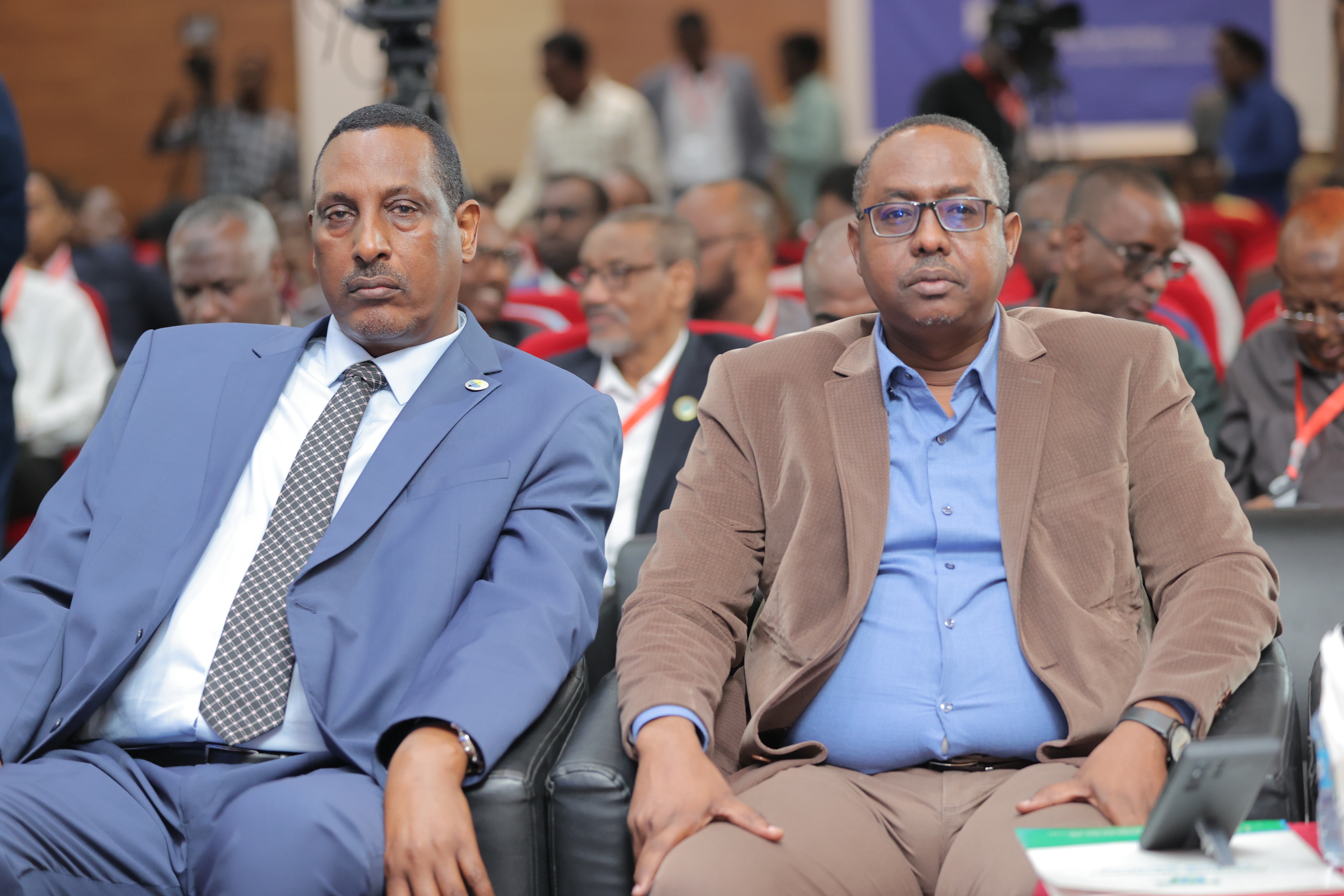
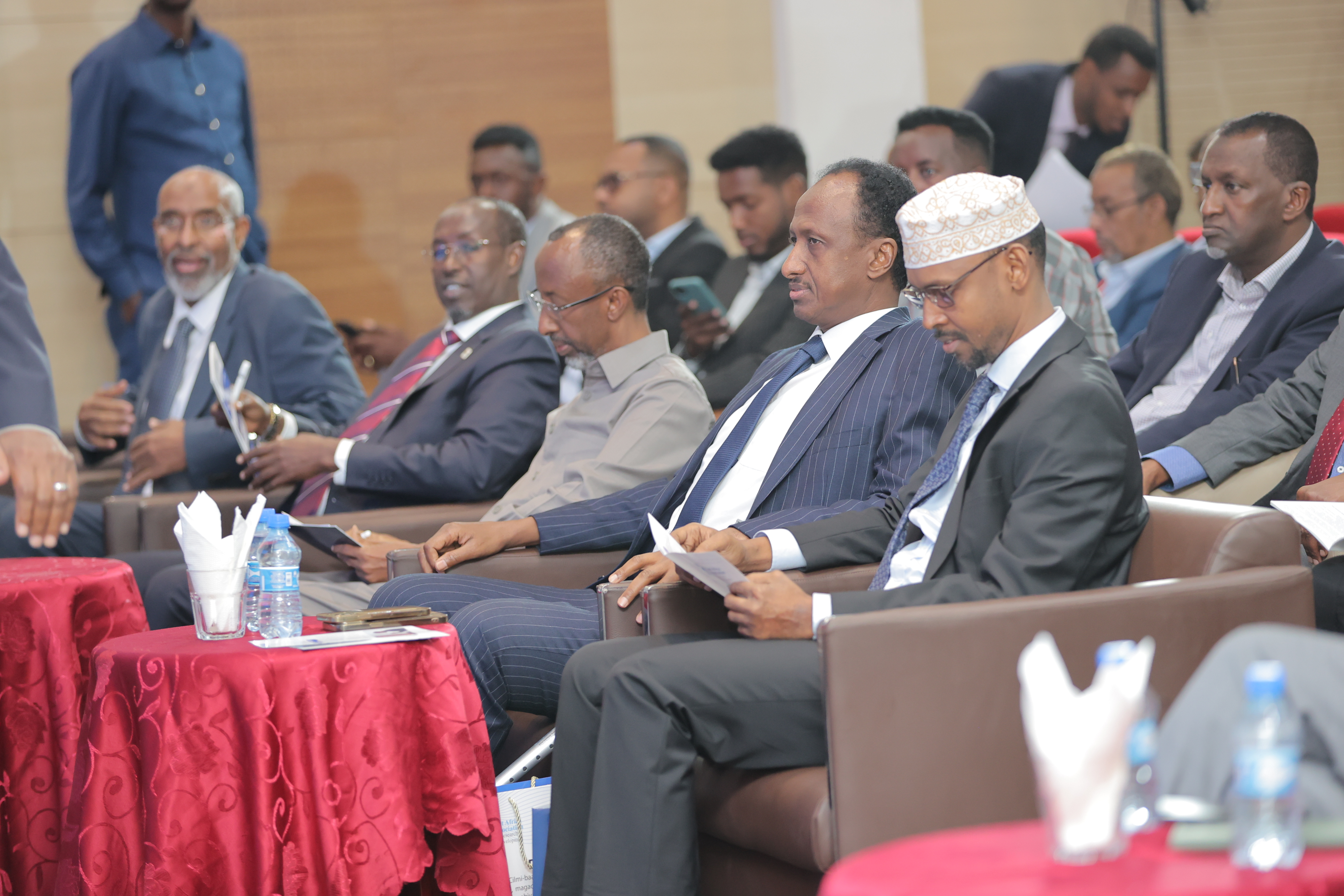
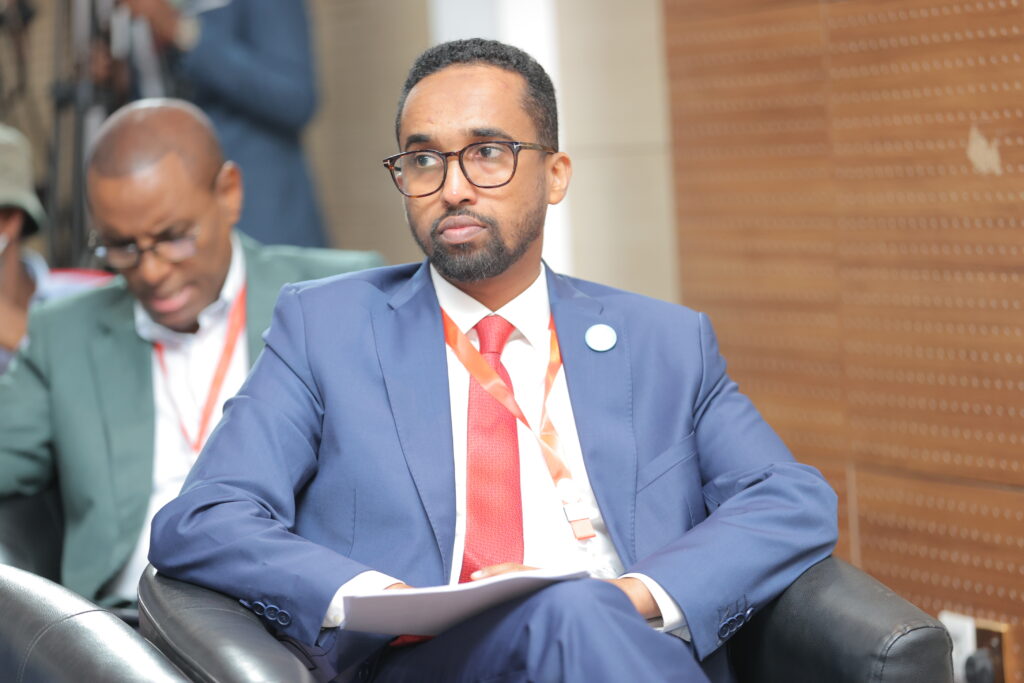
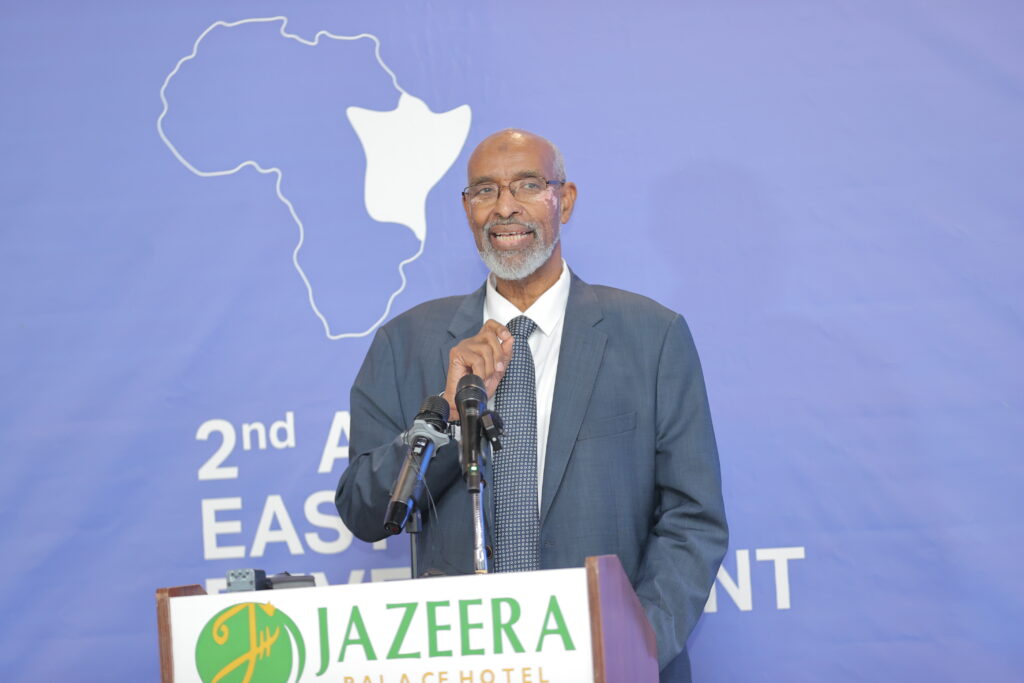
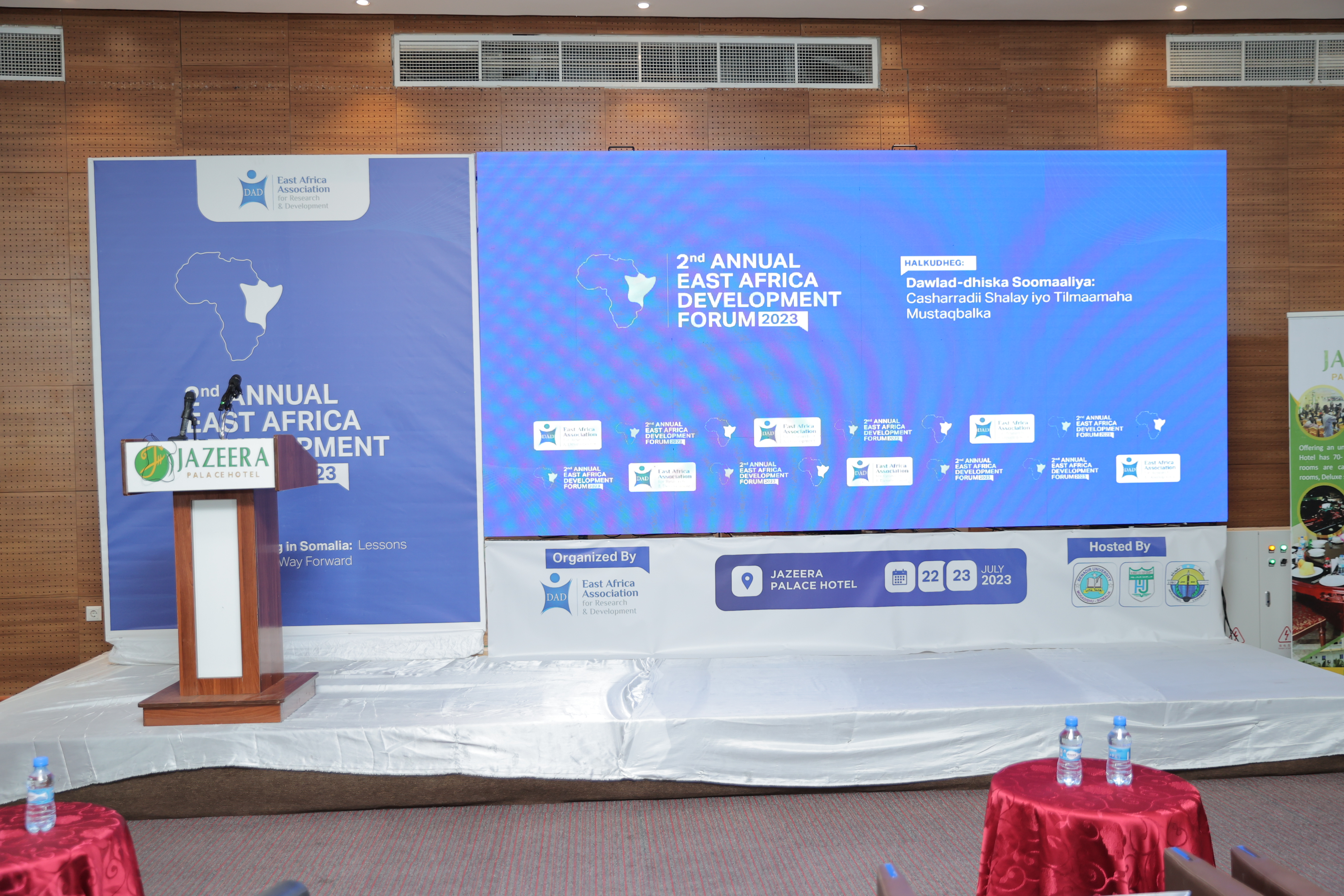
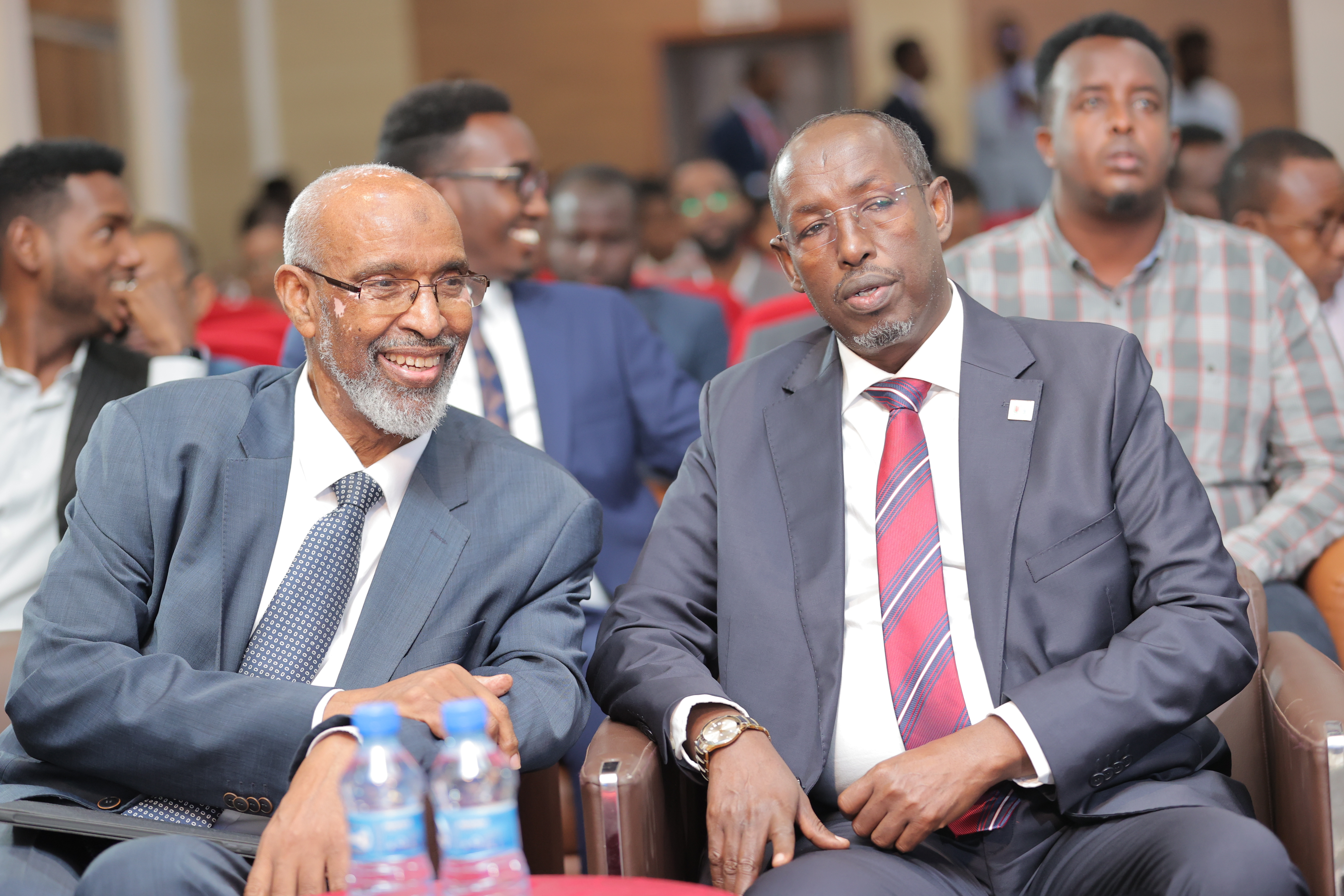
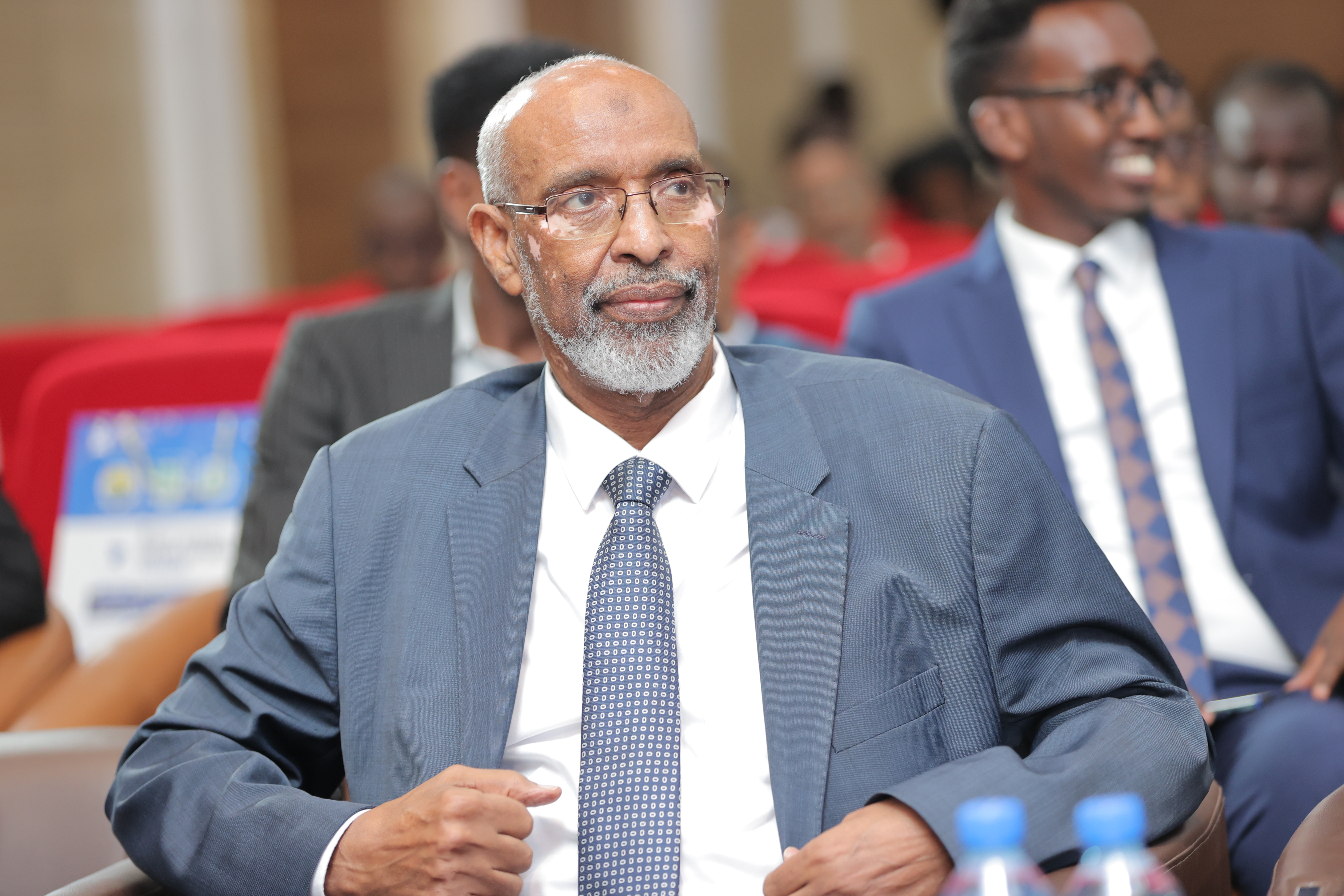
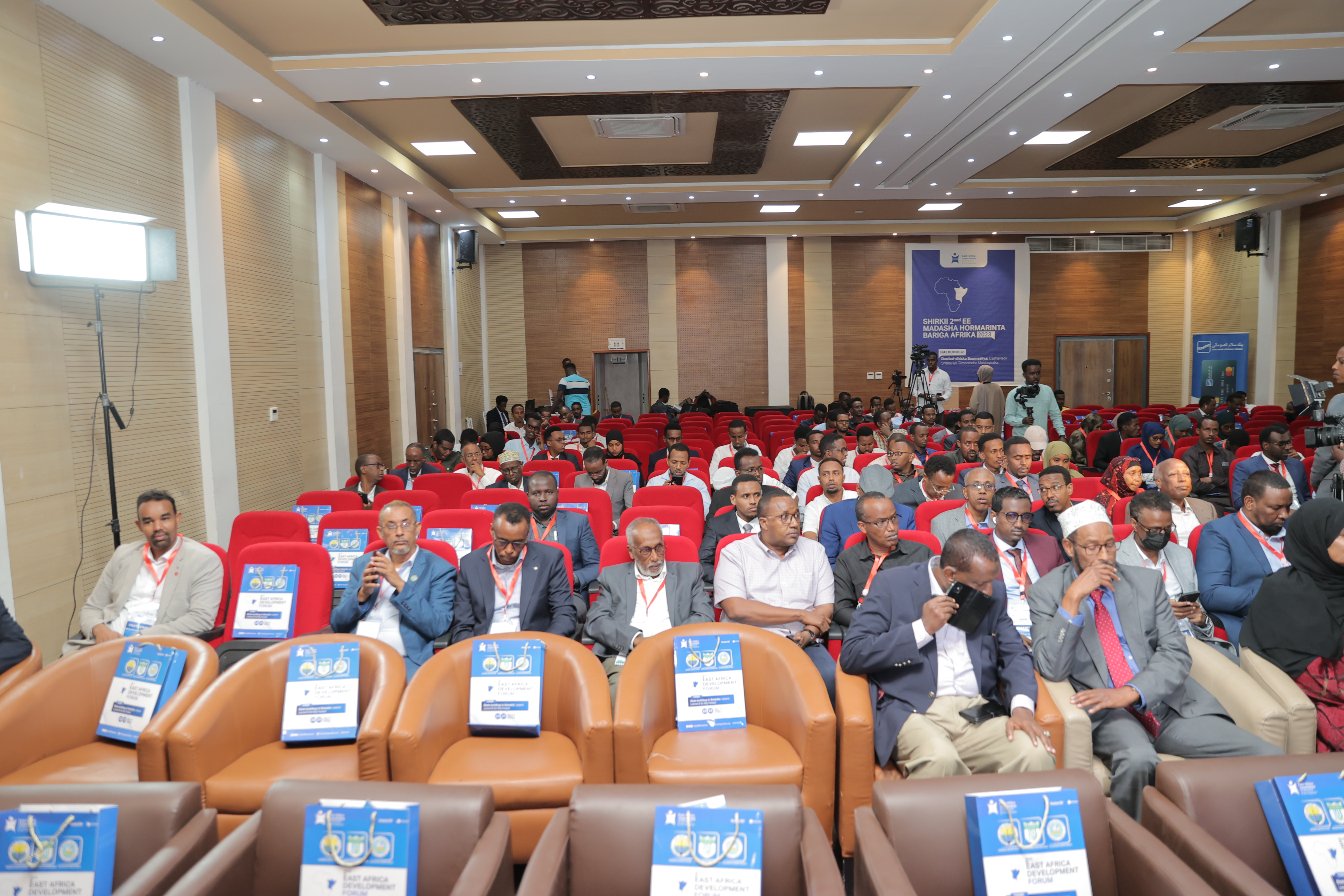
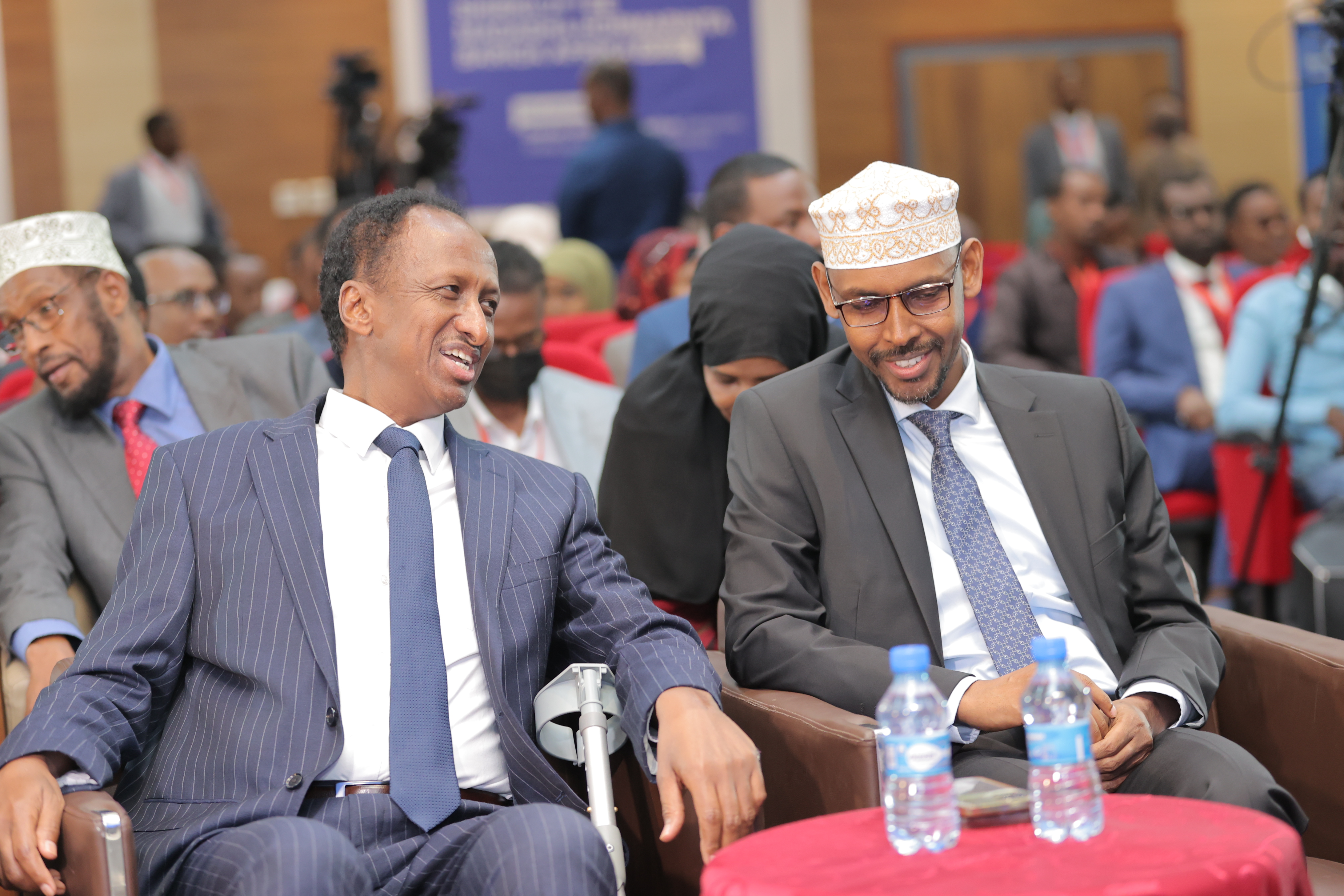
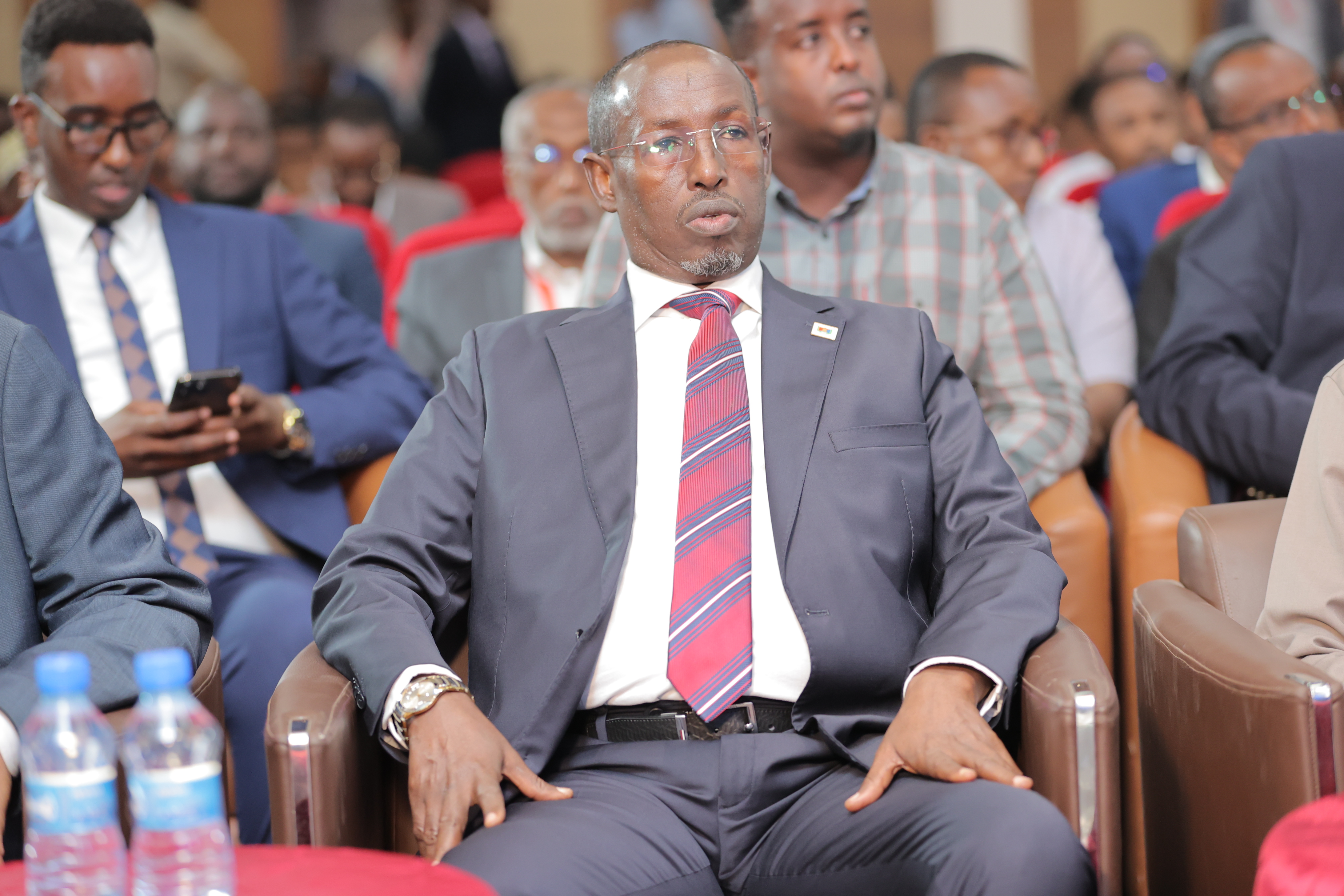
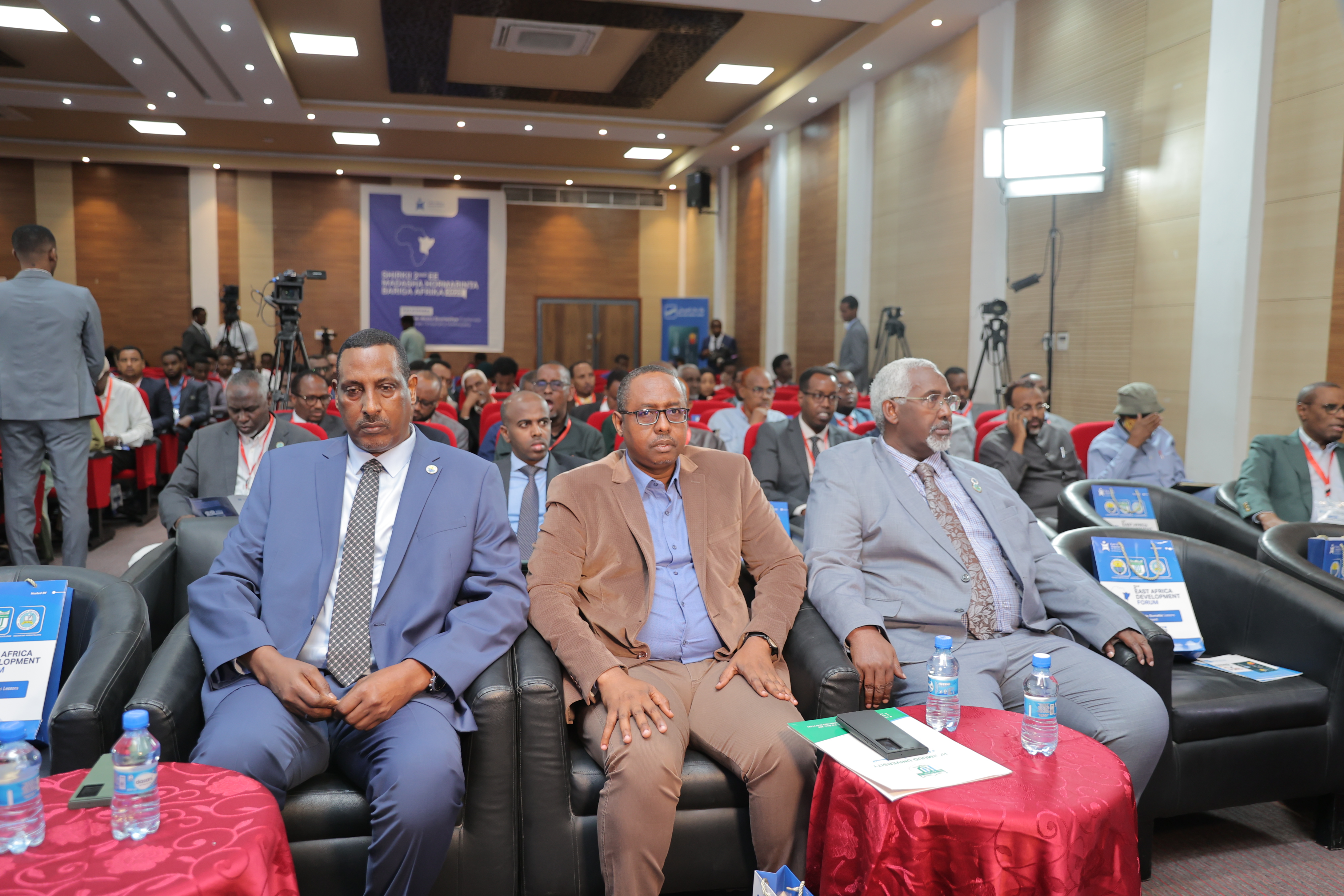
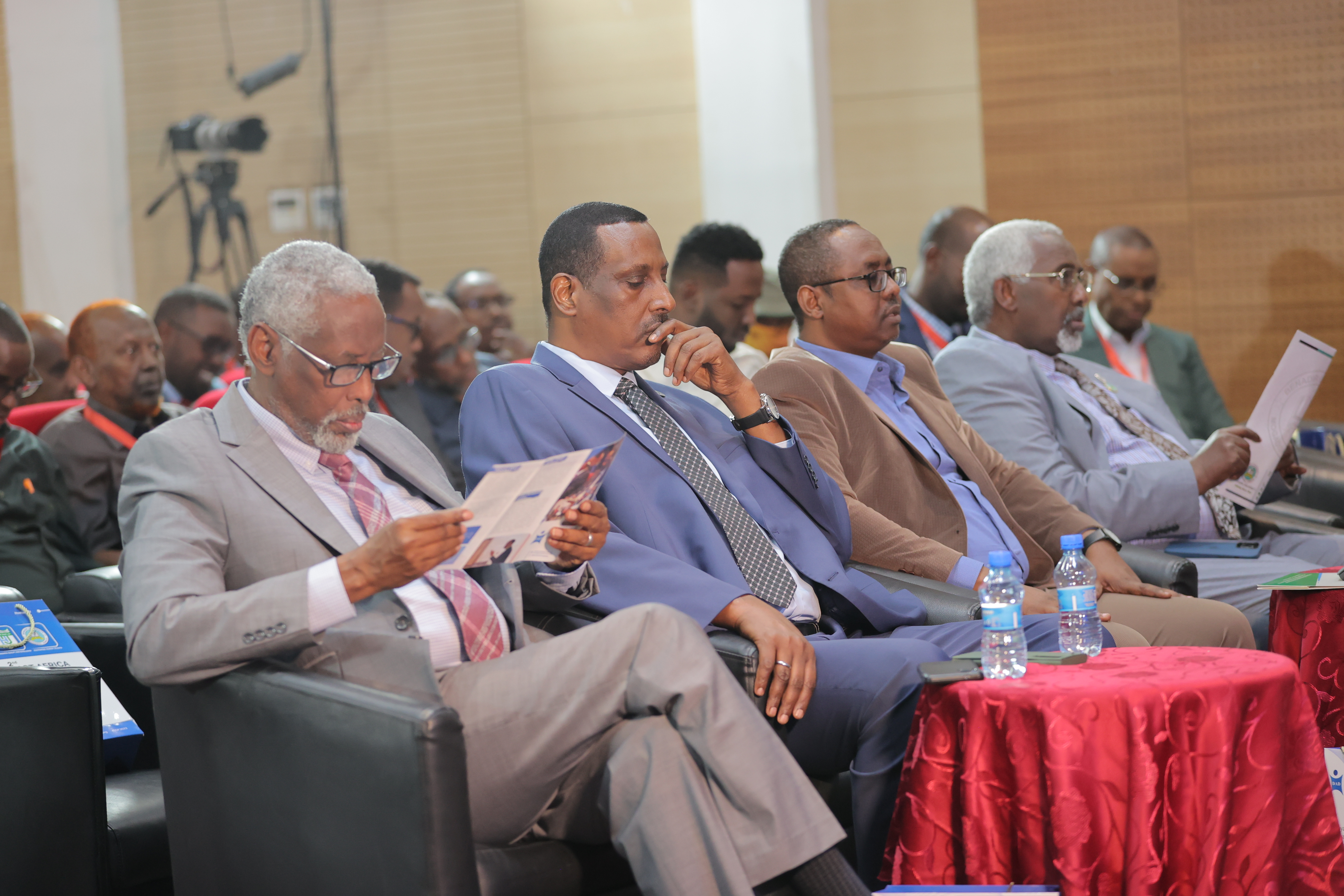
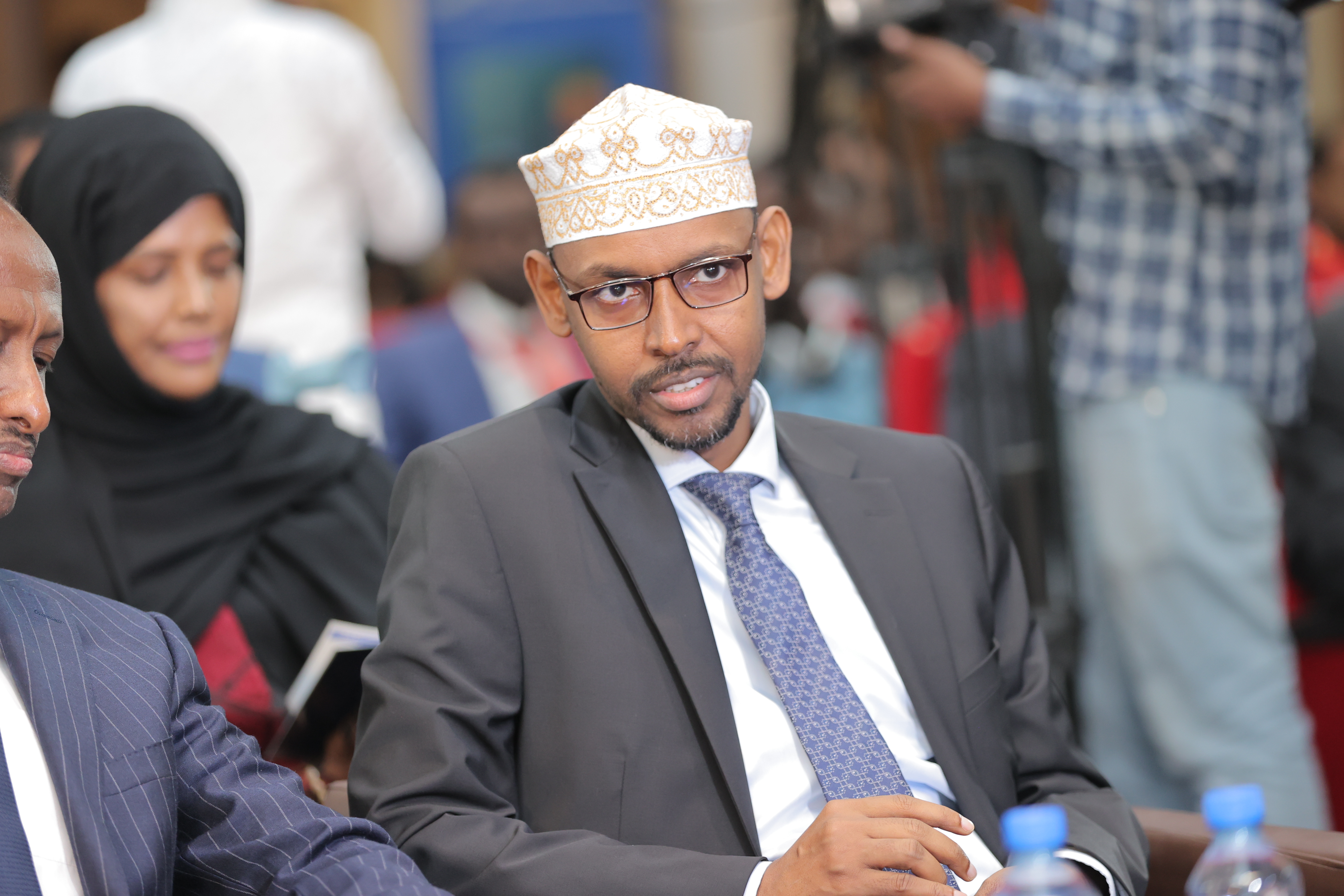
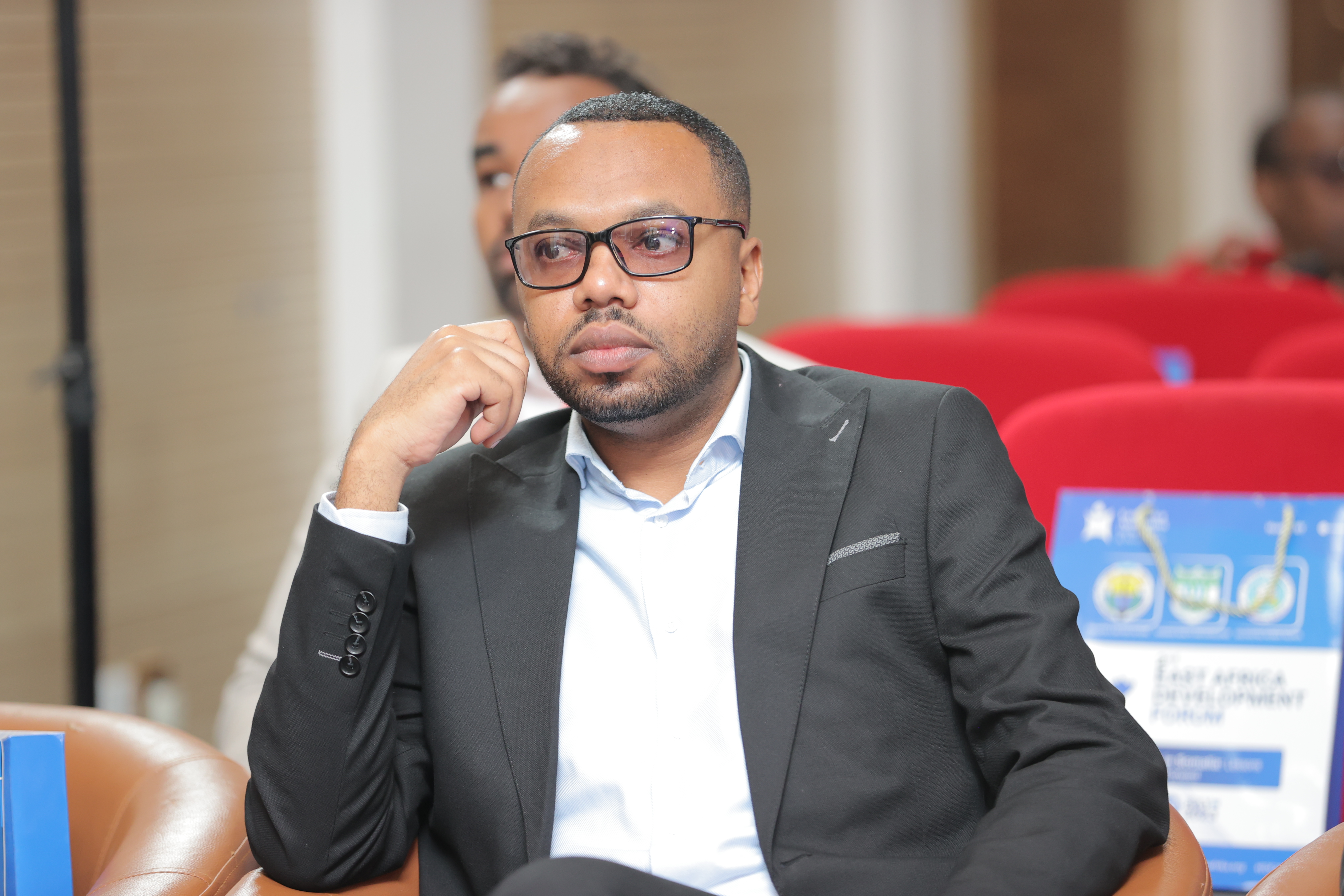
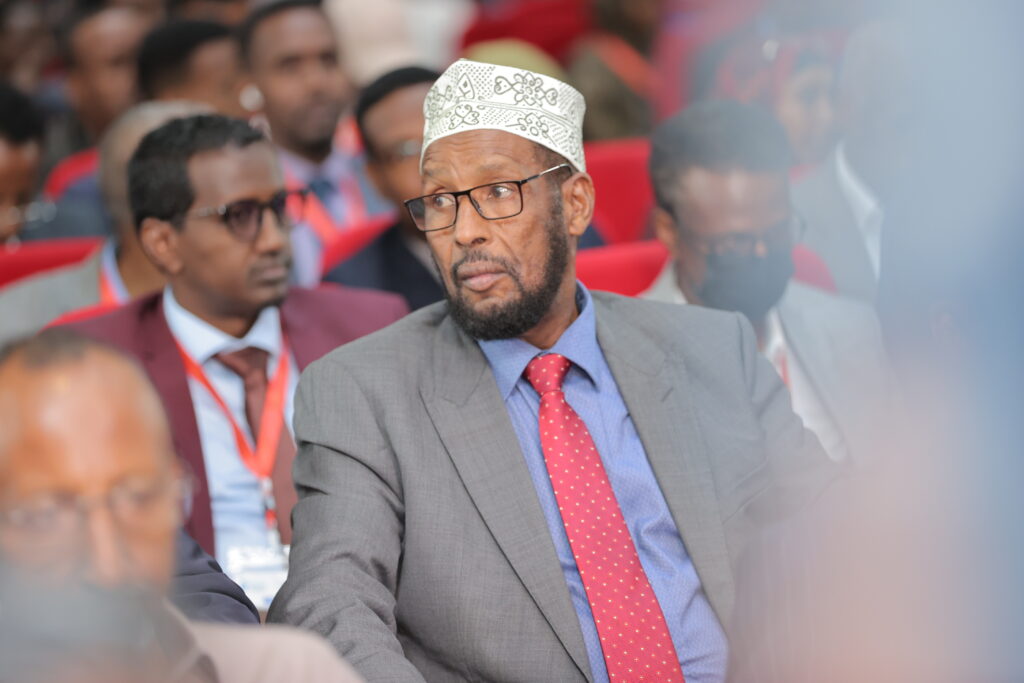
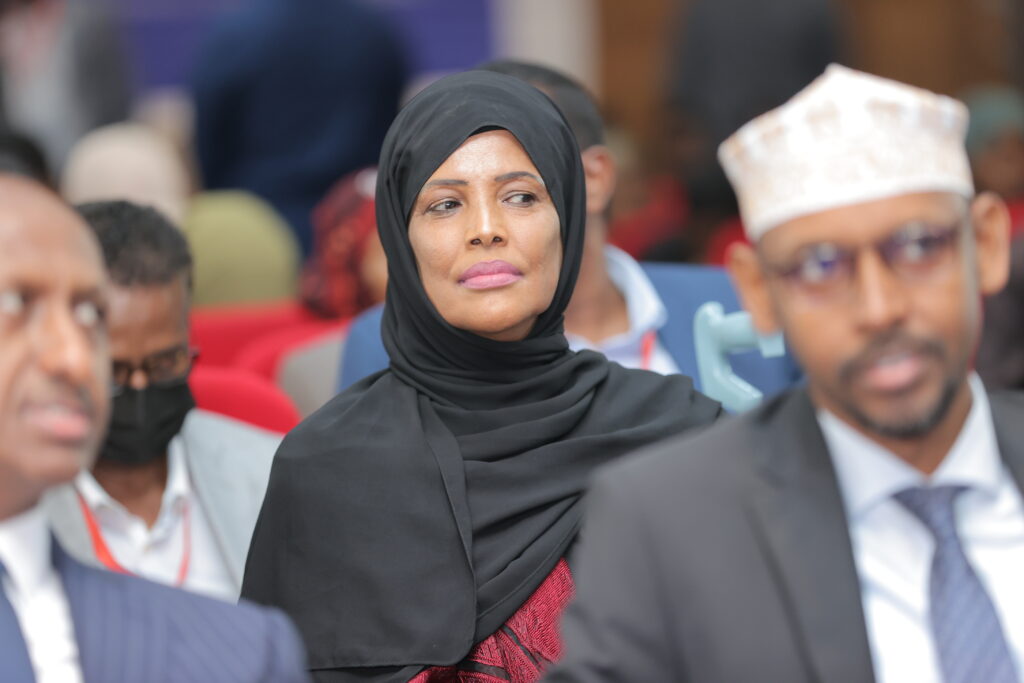

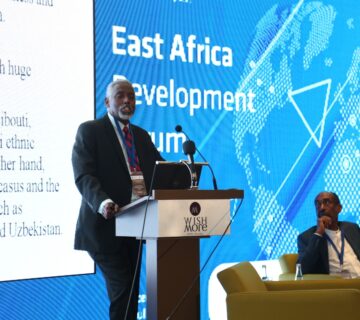
No comment